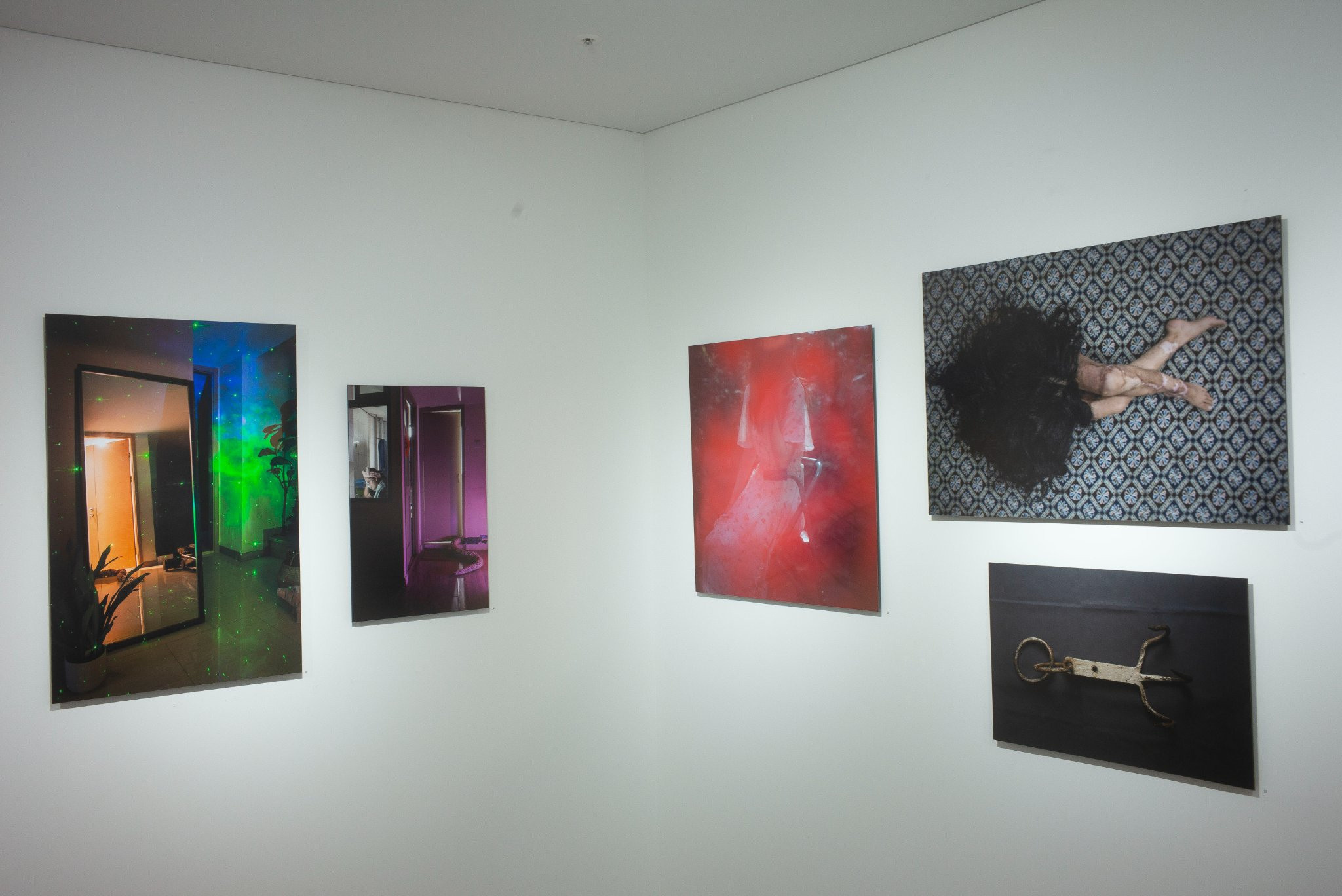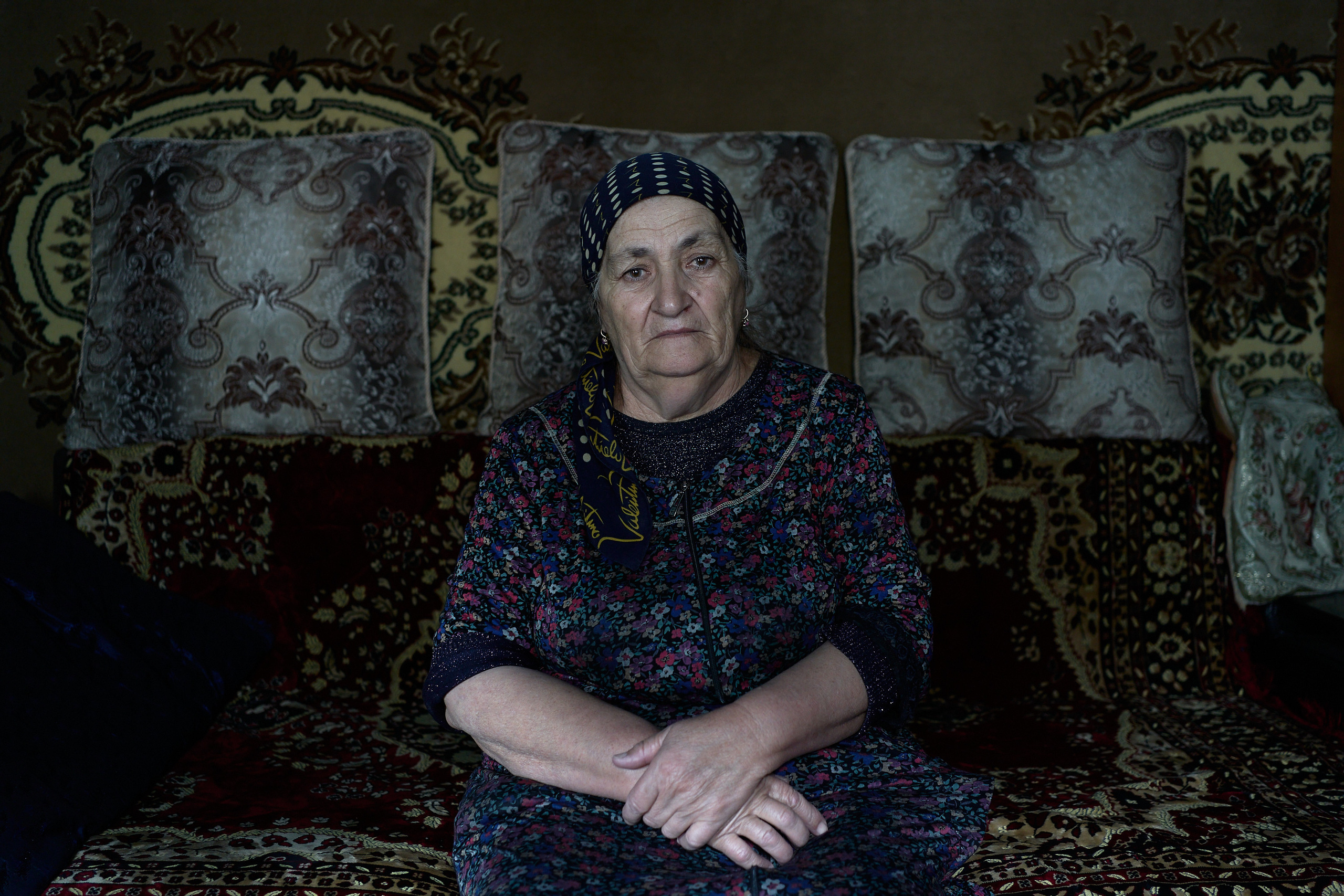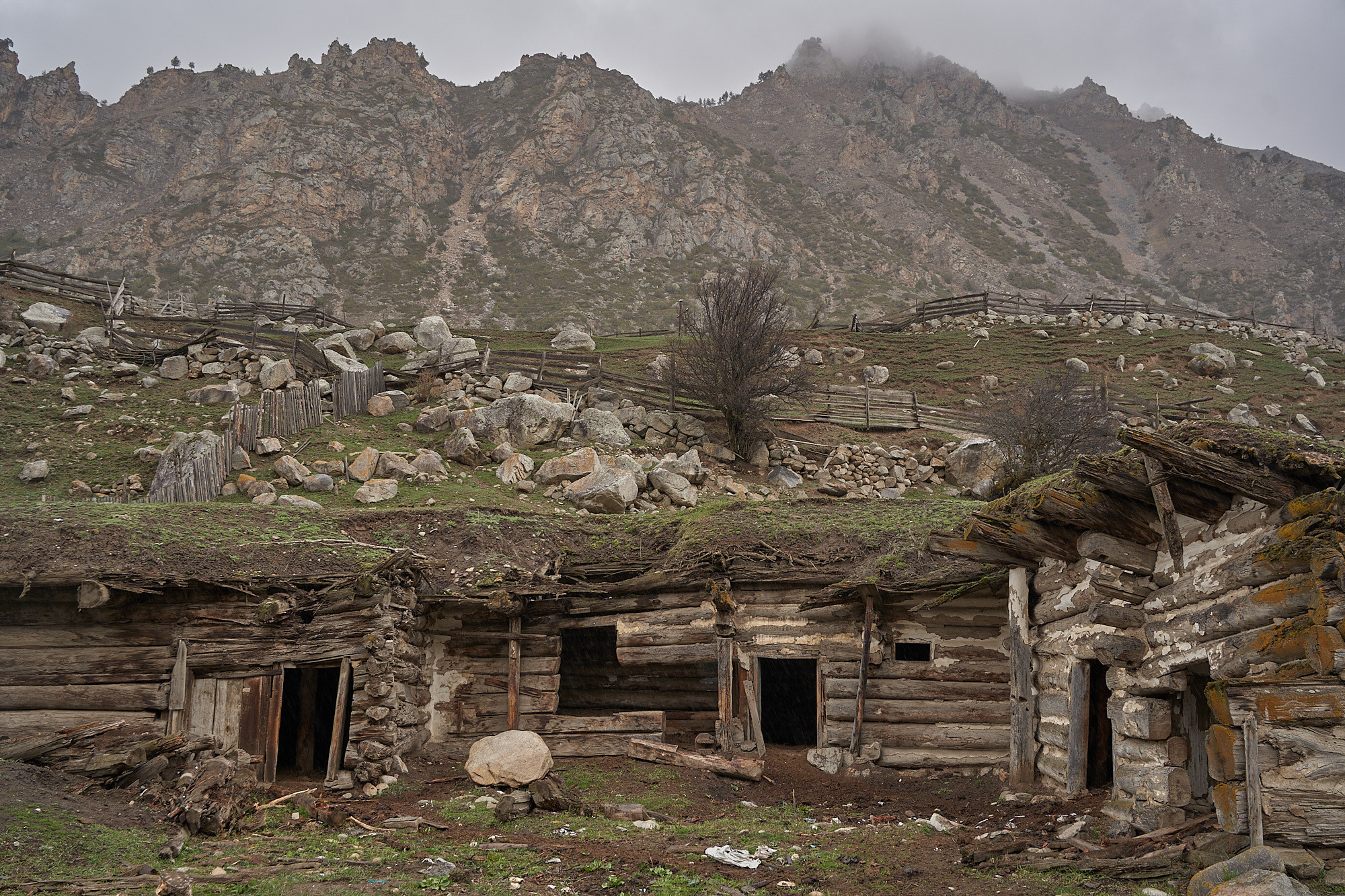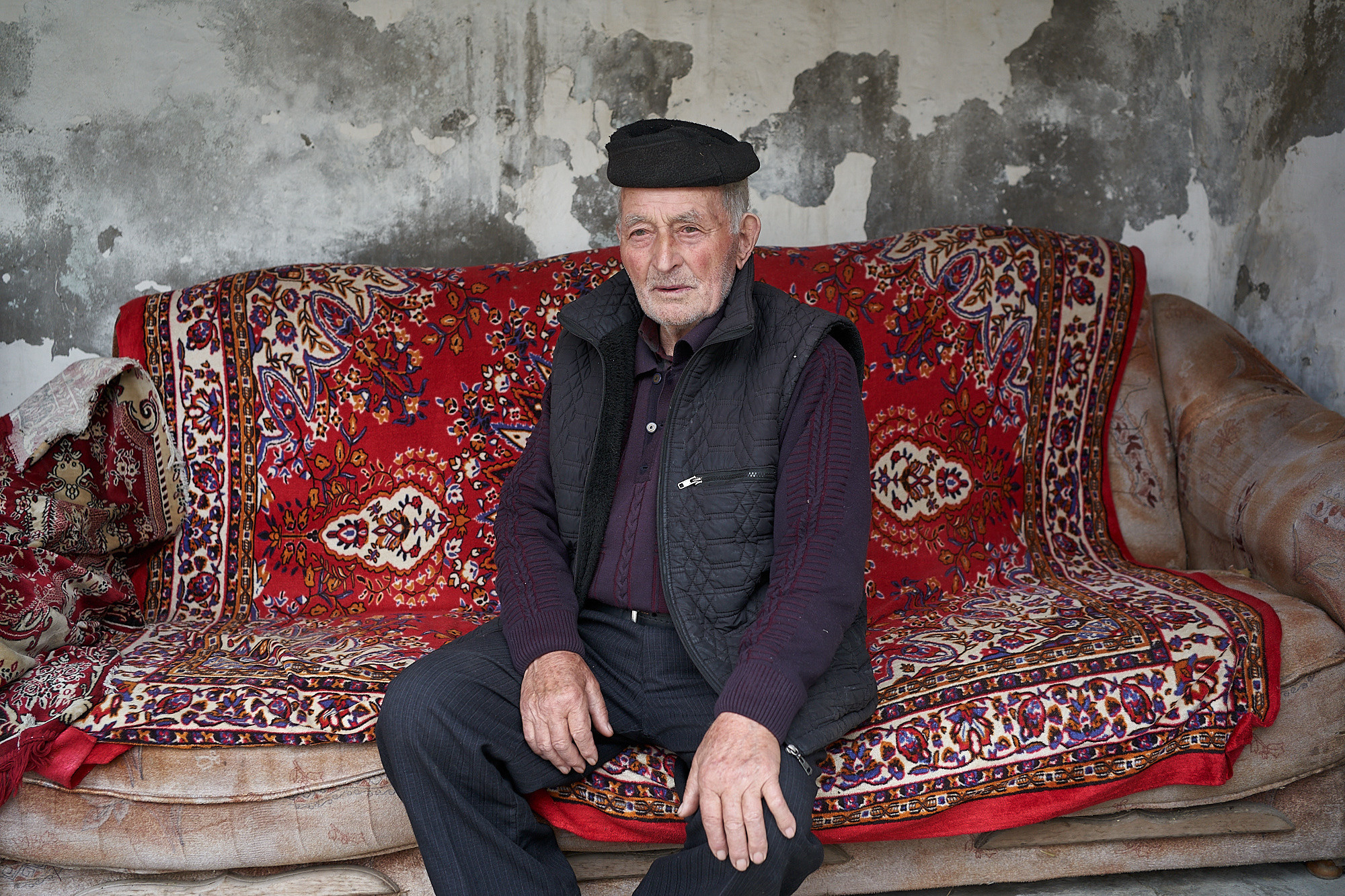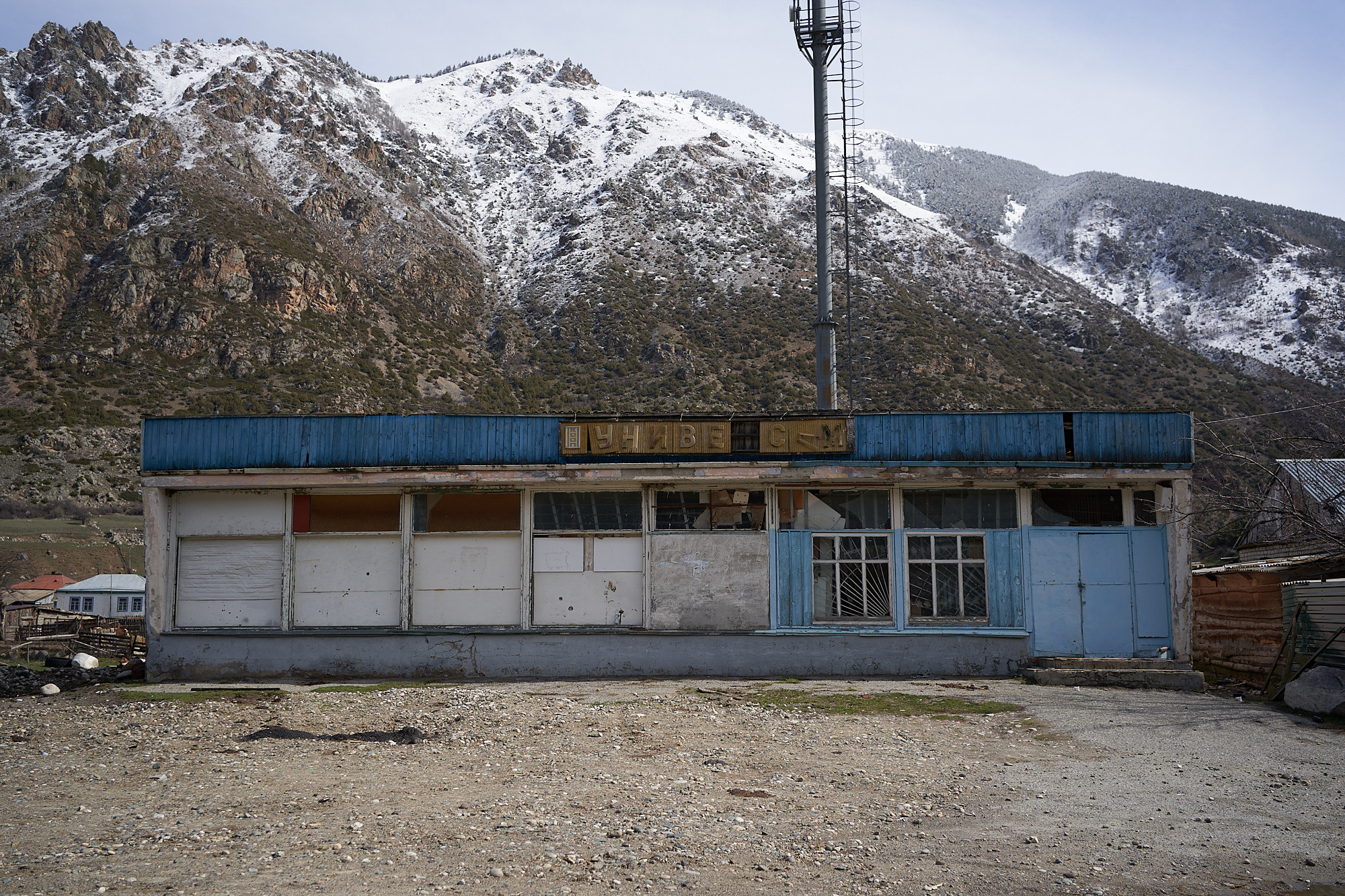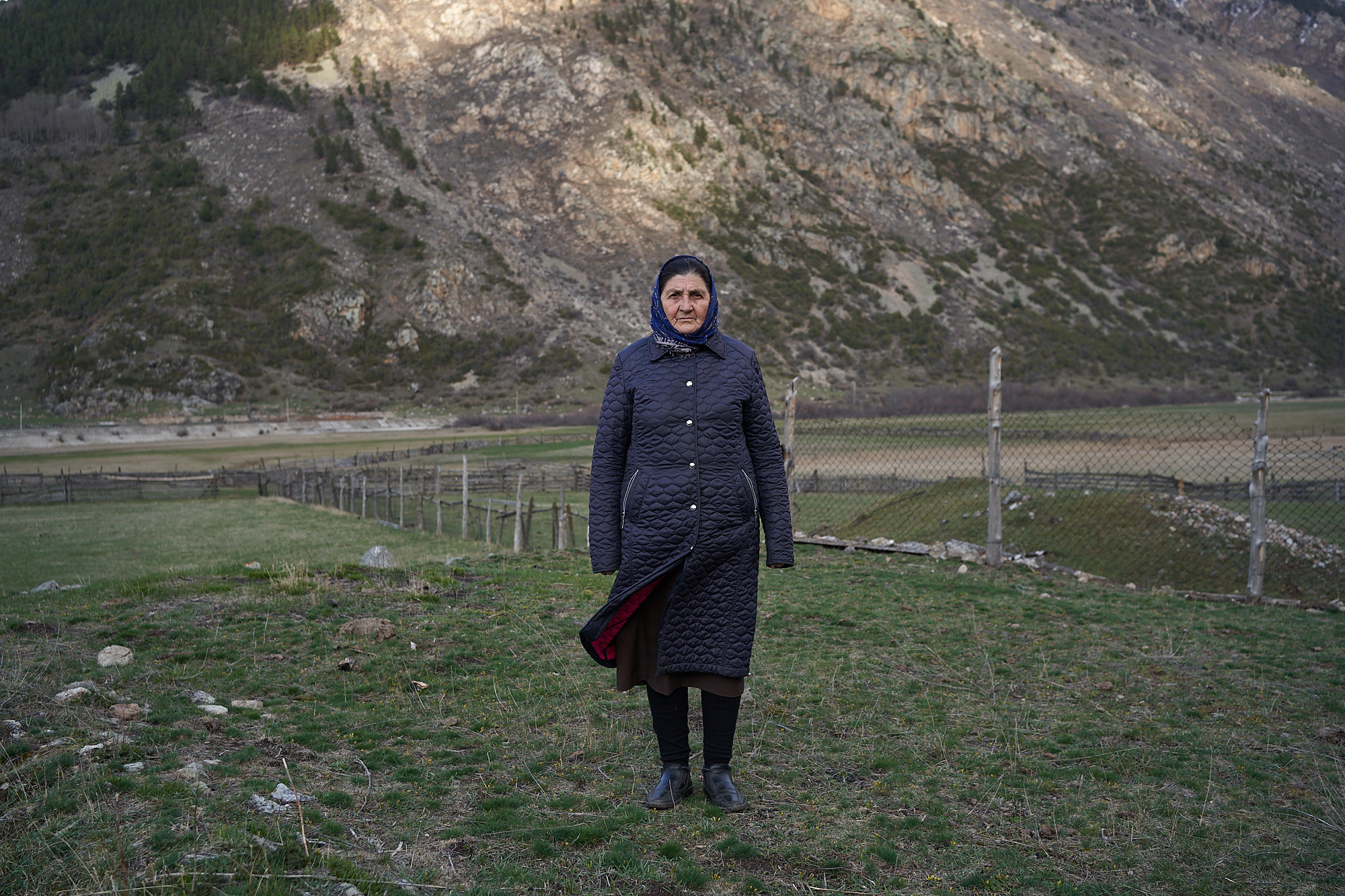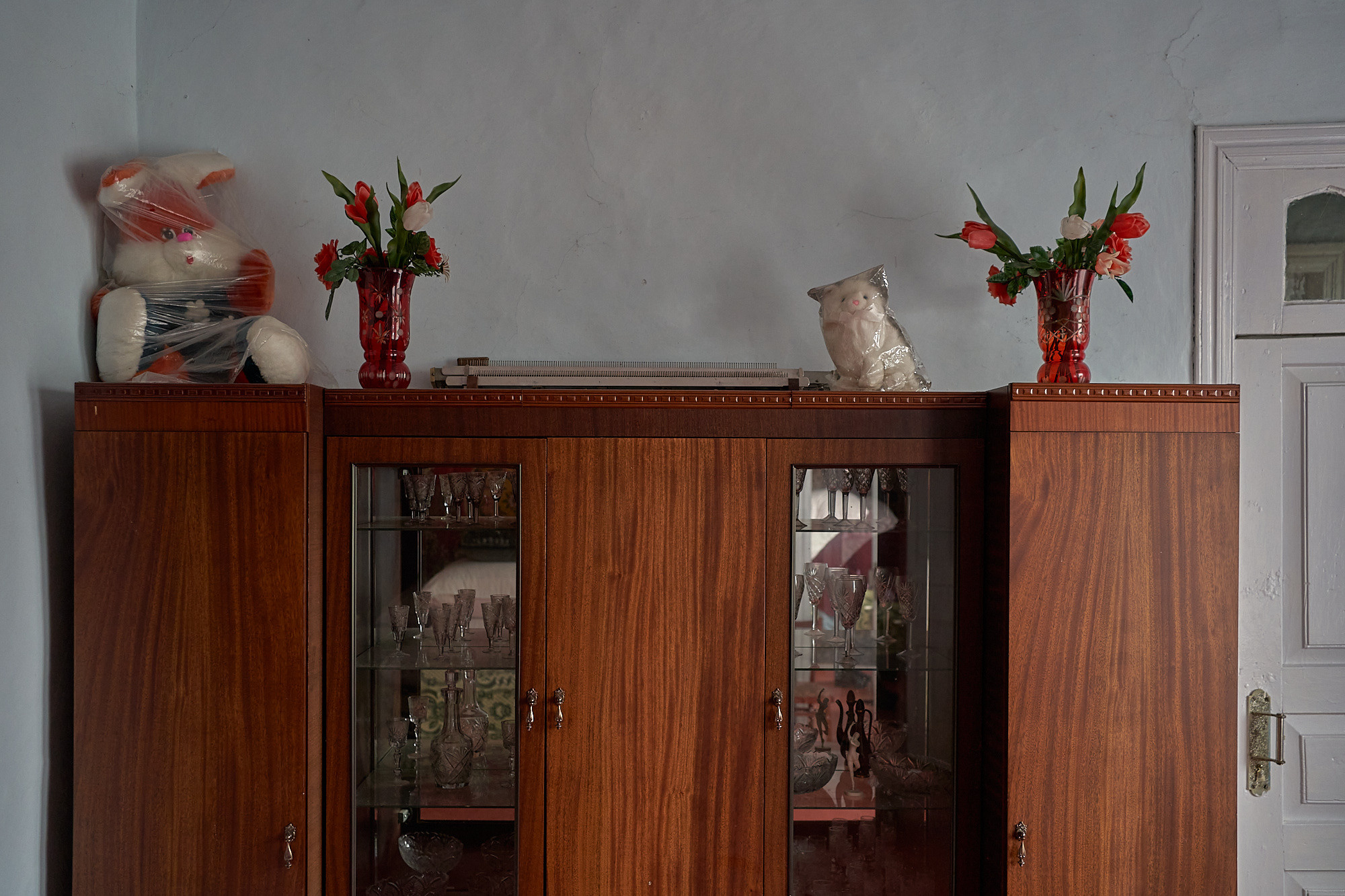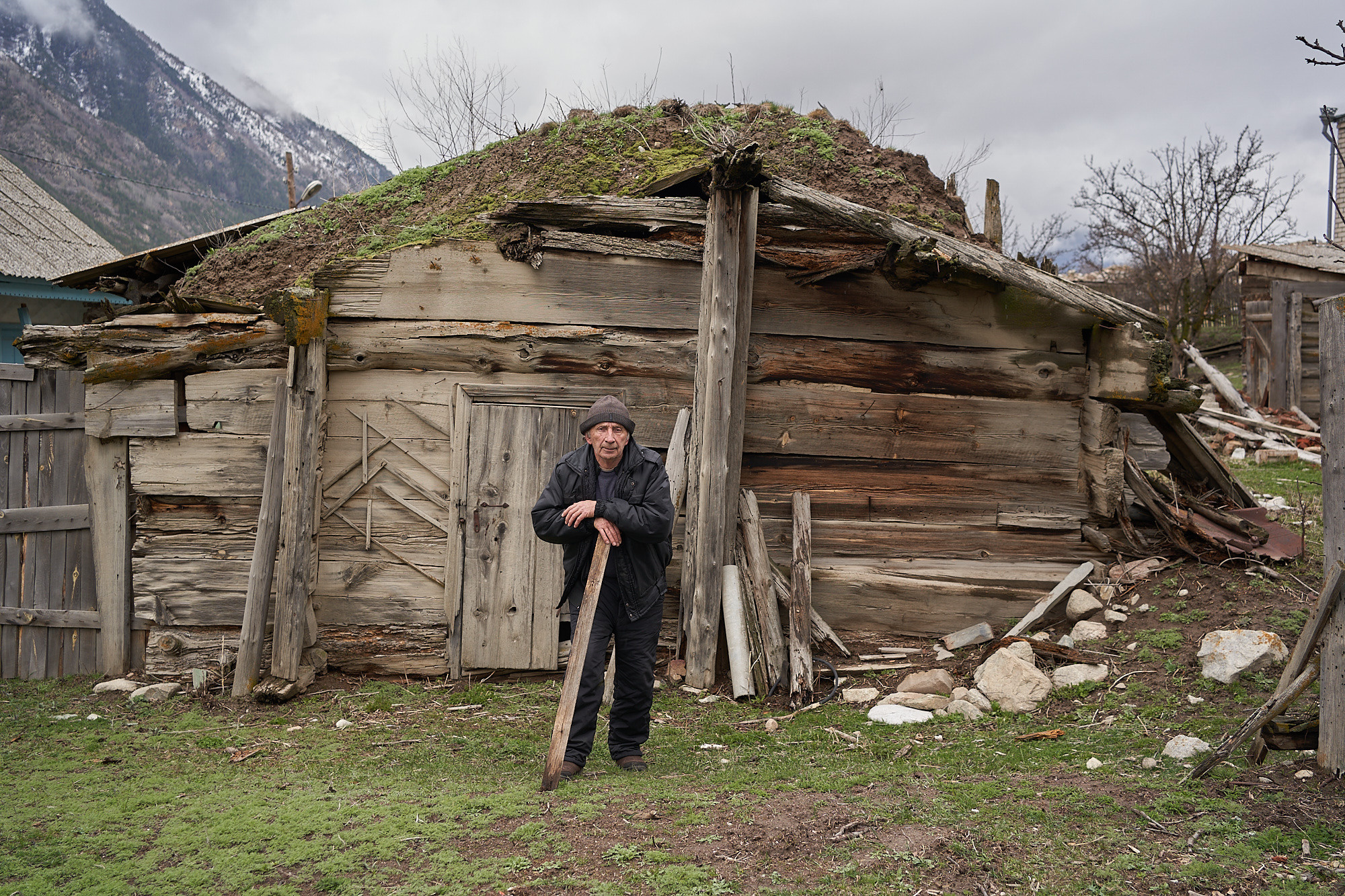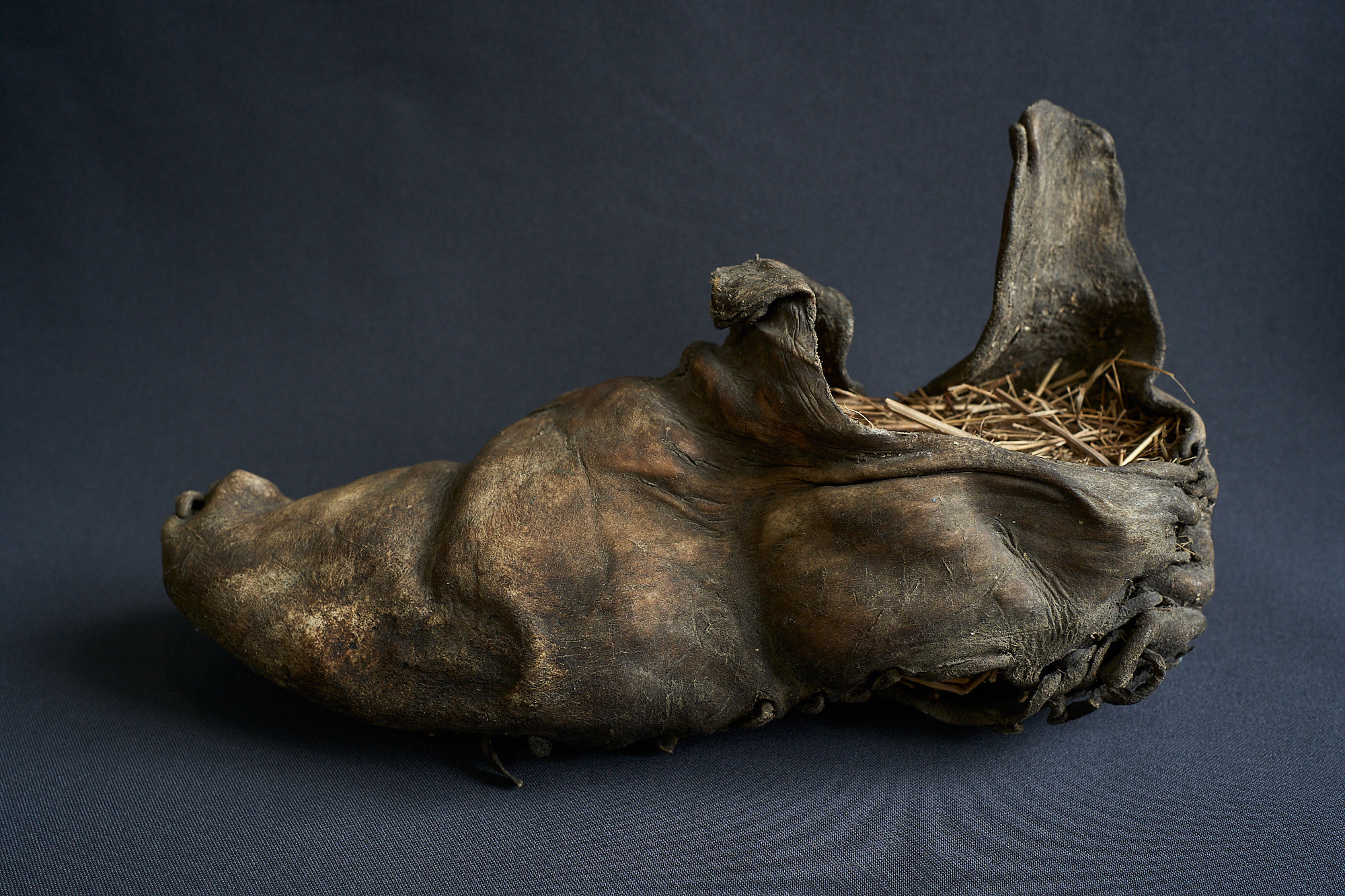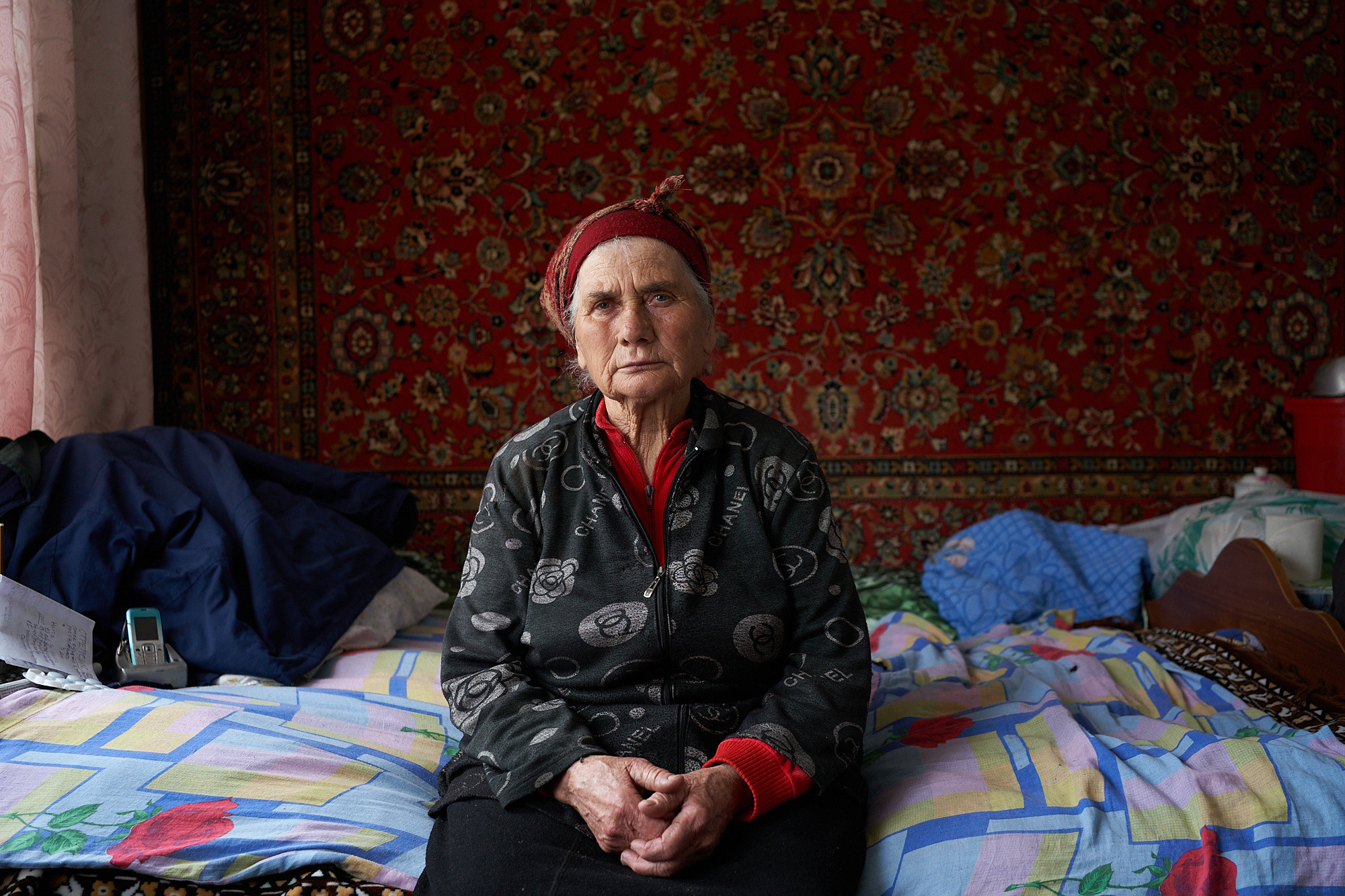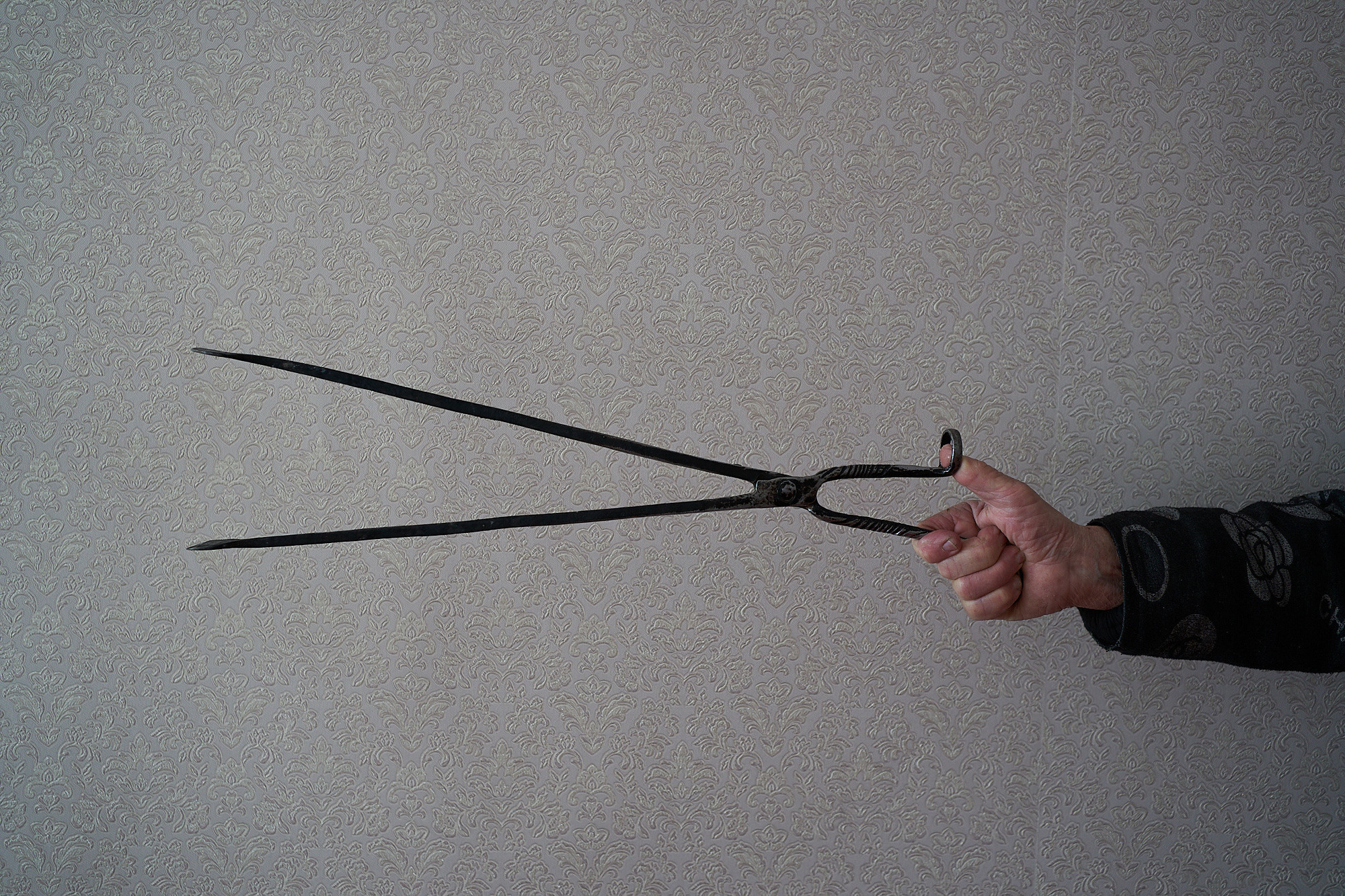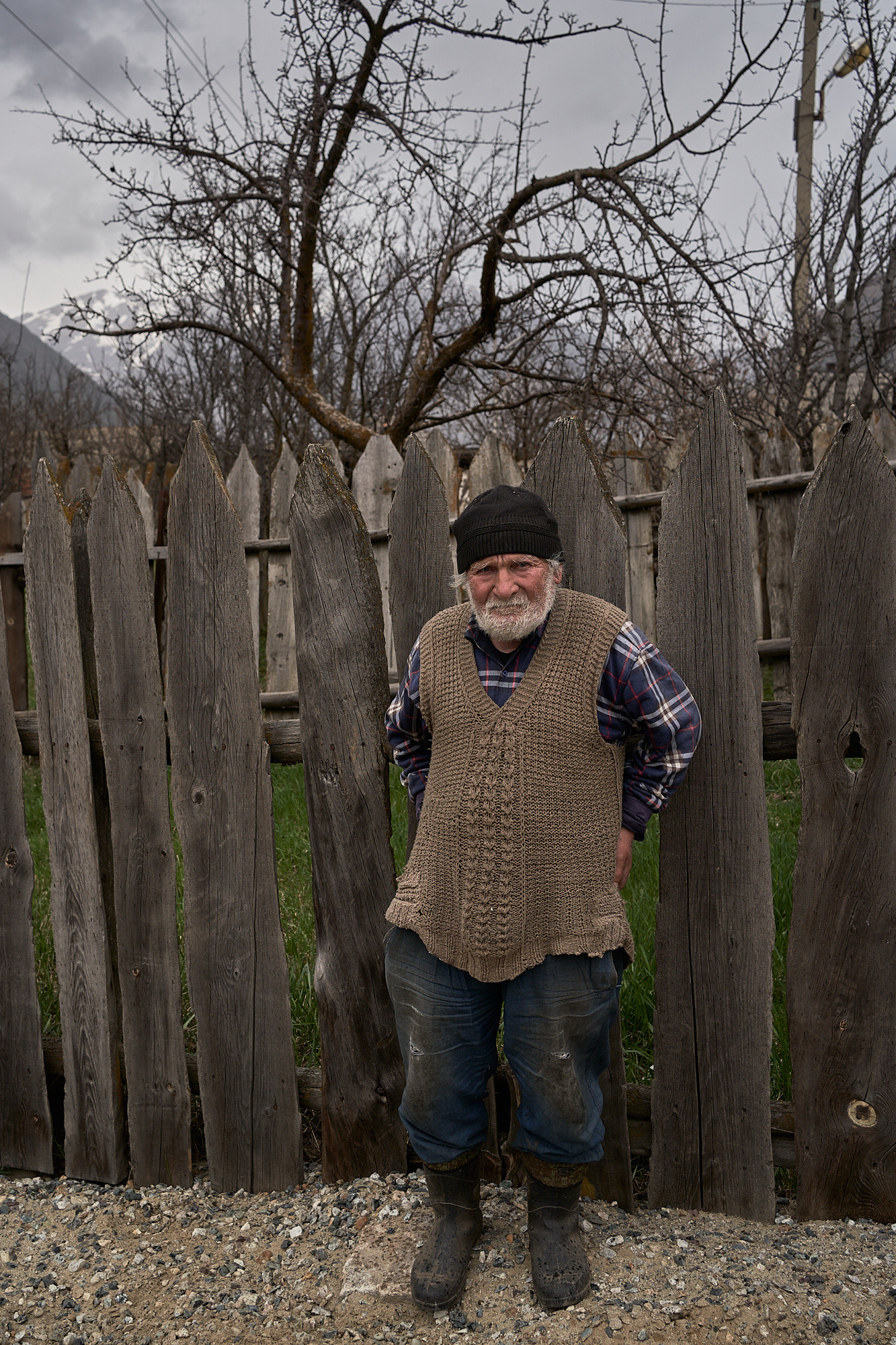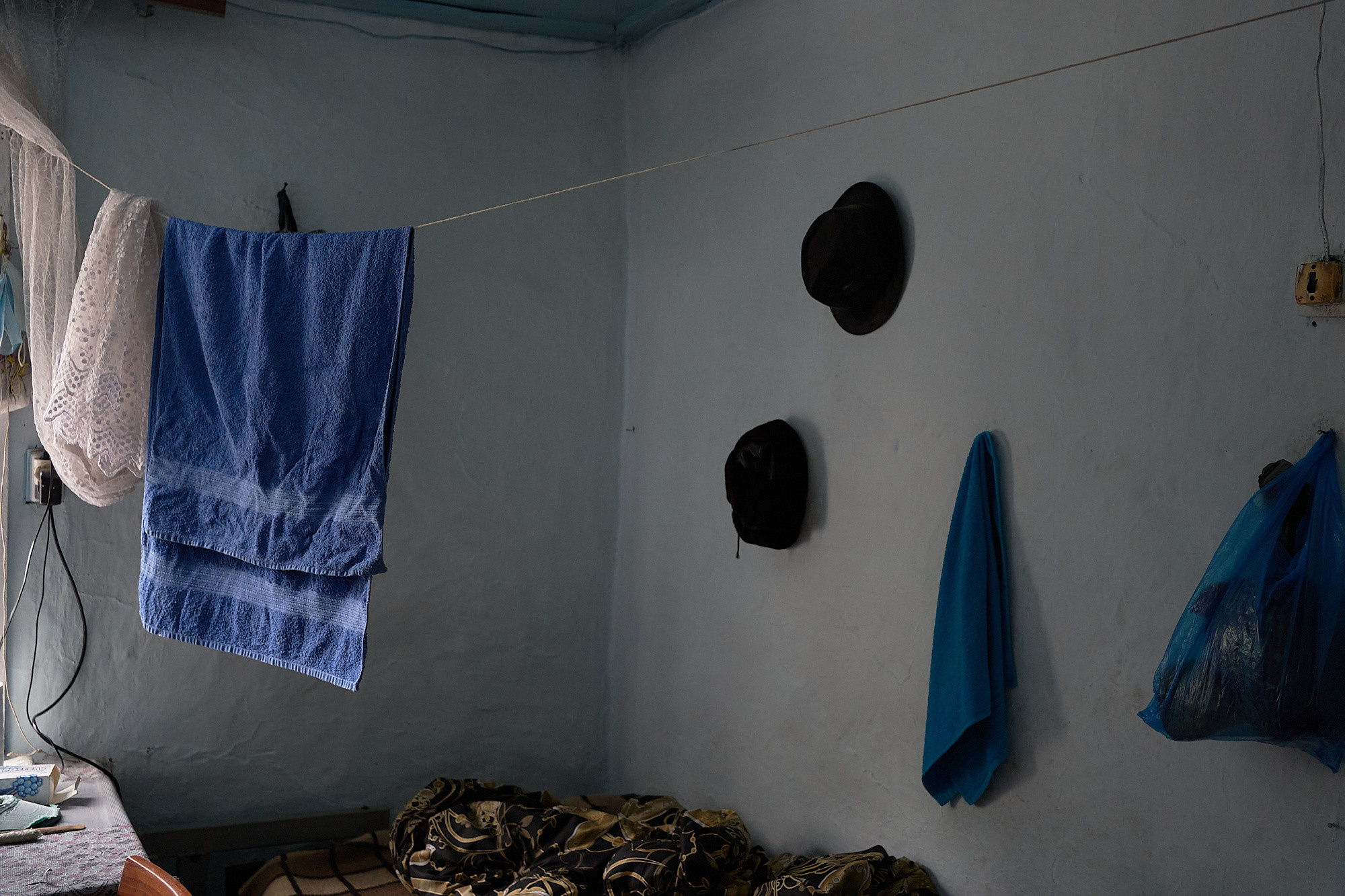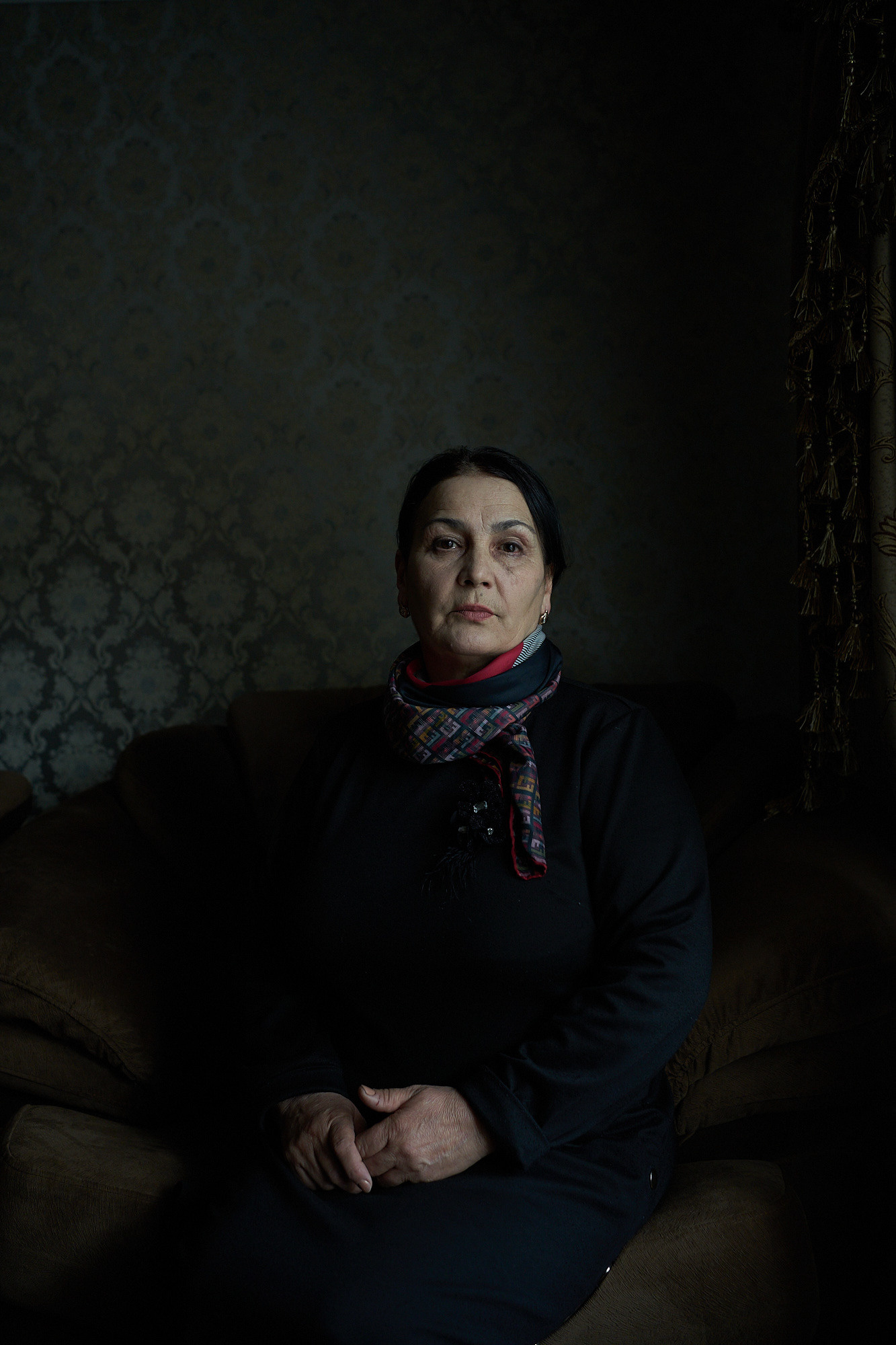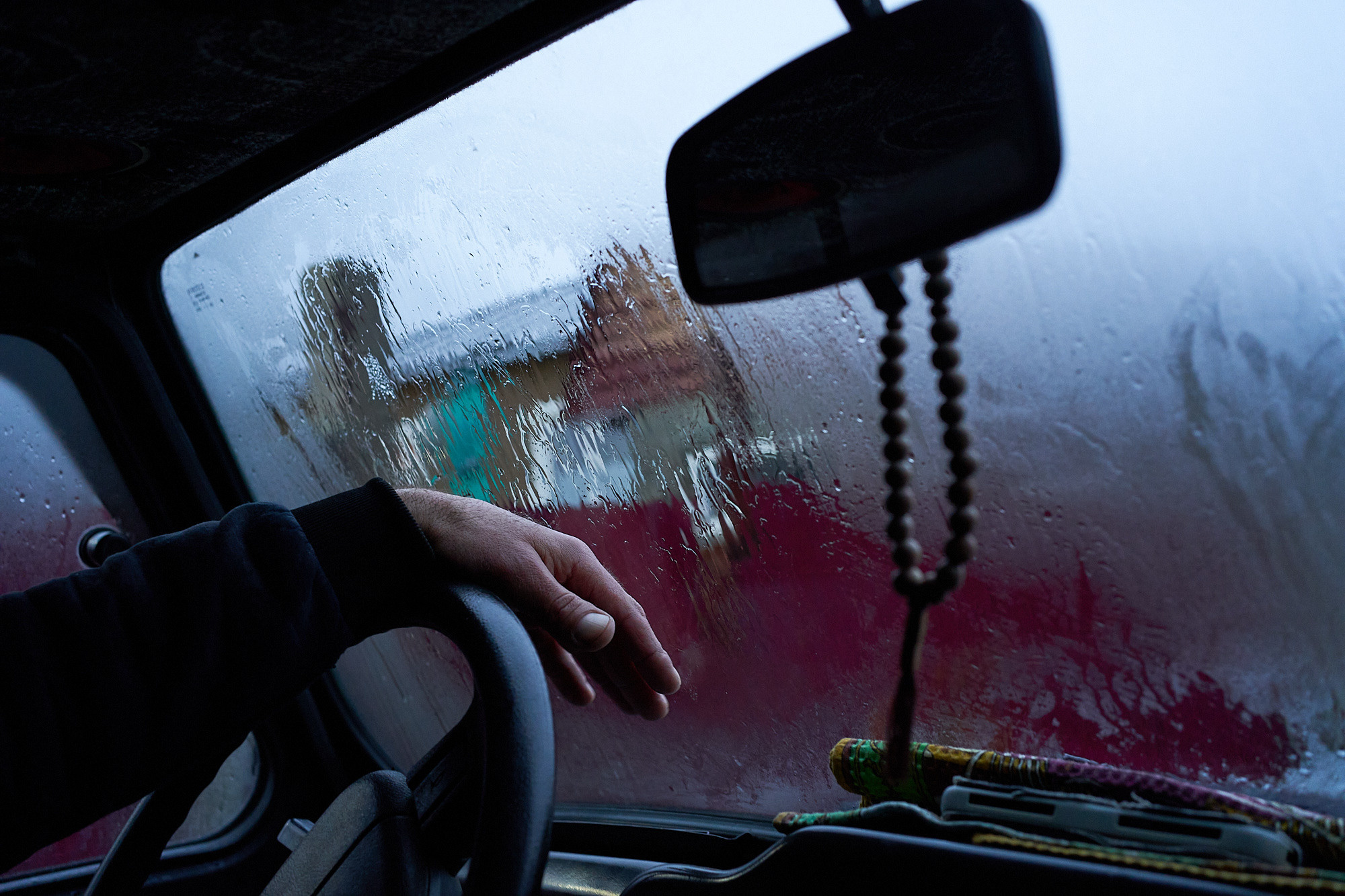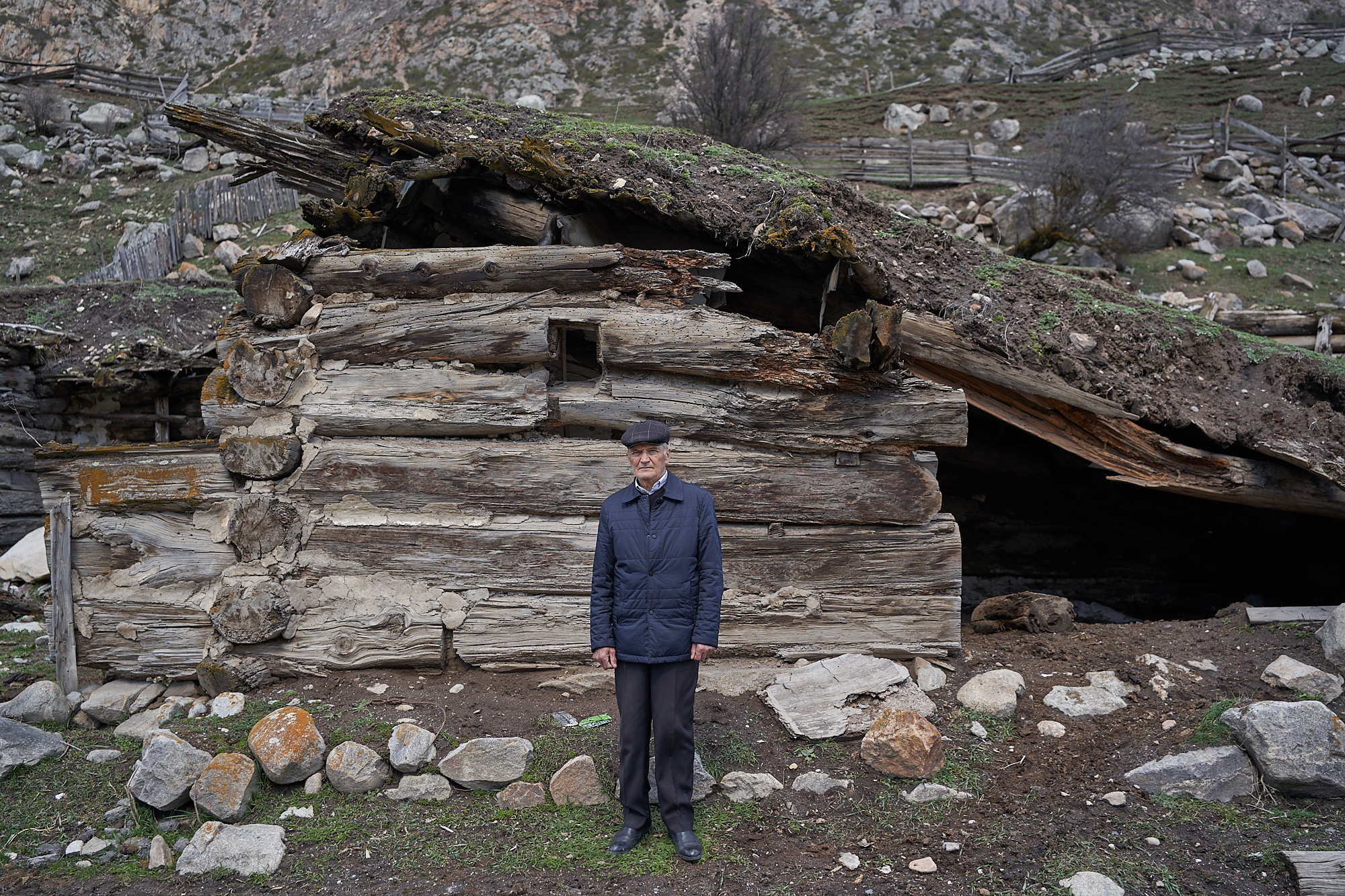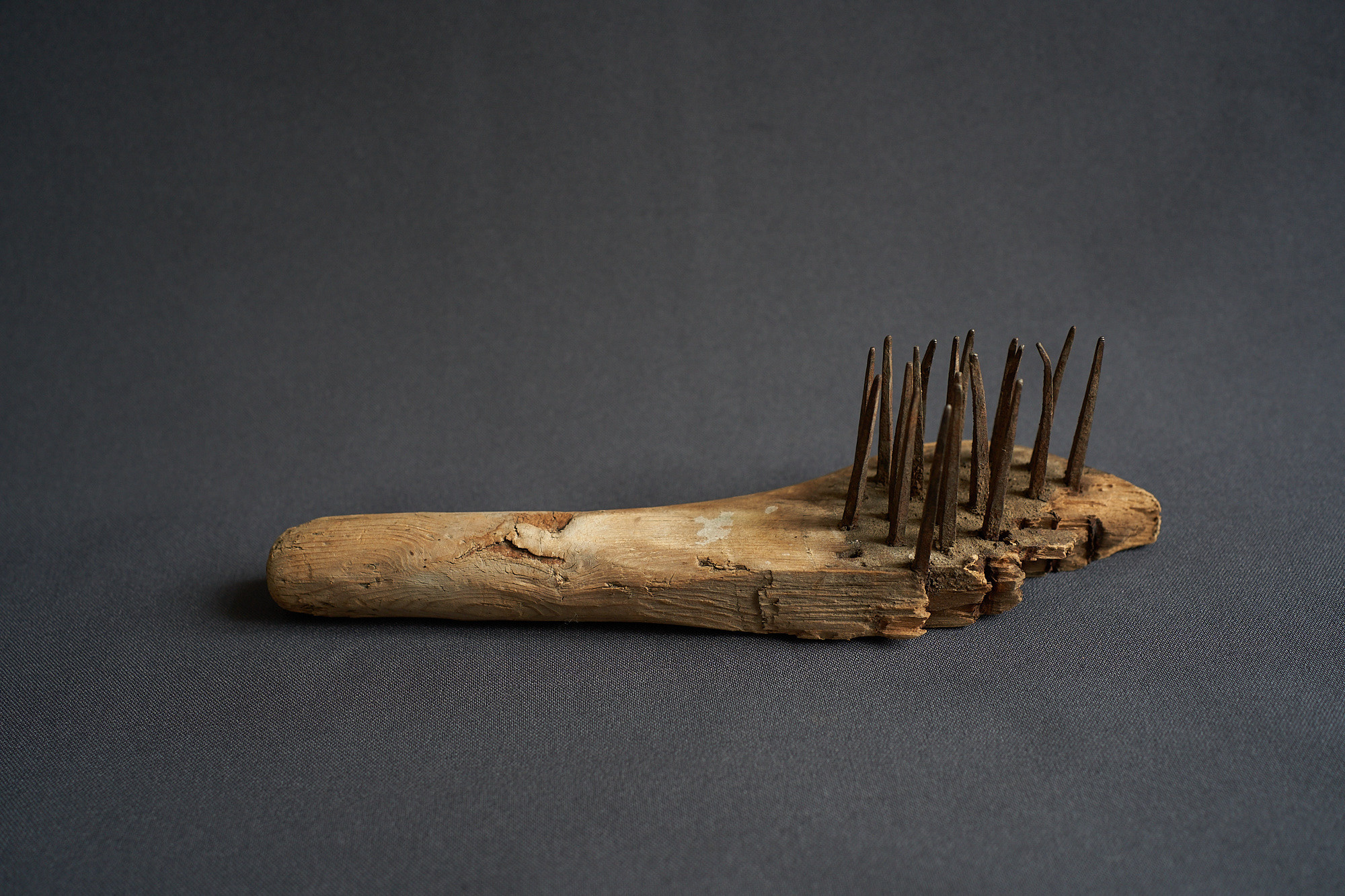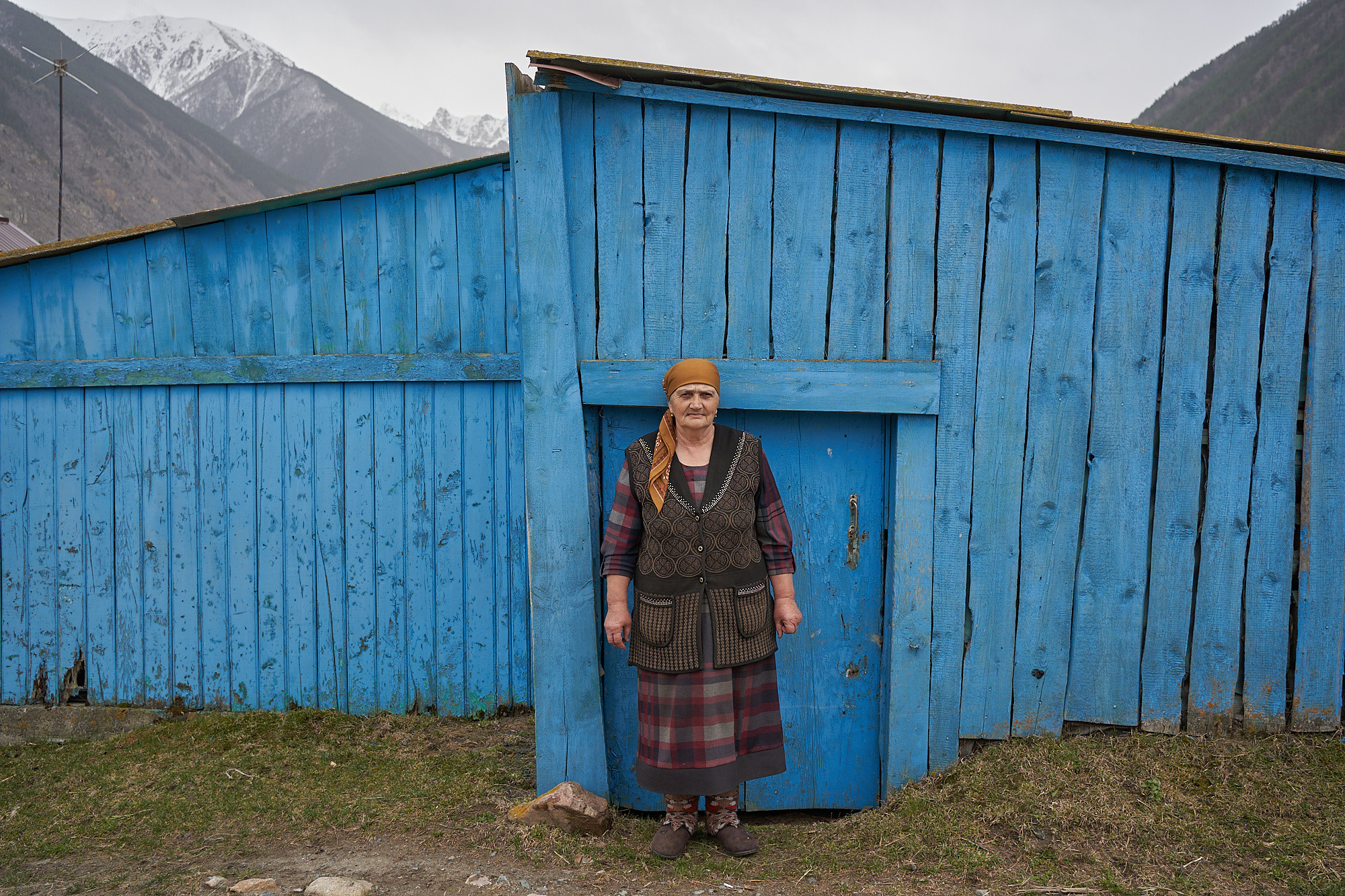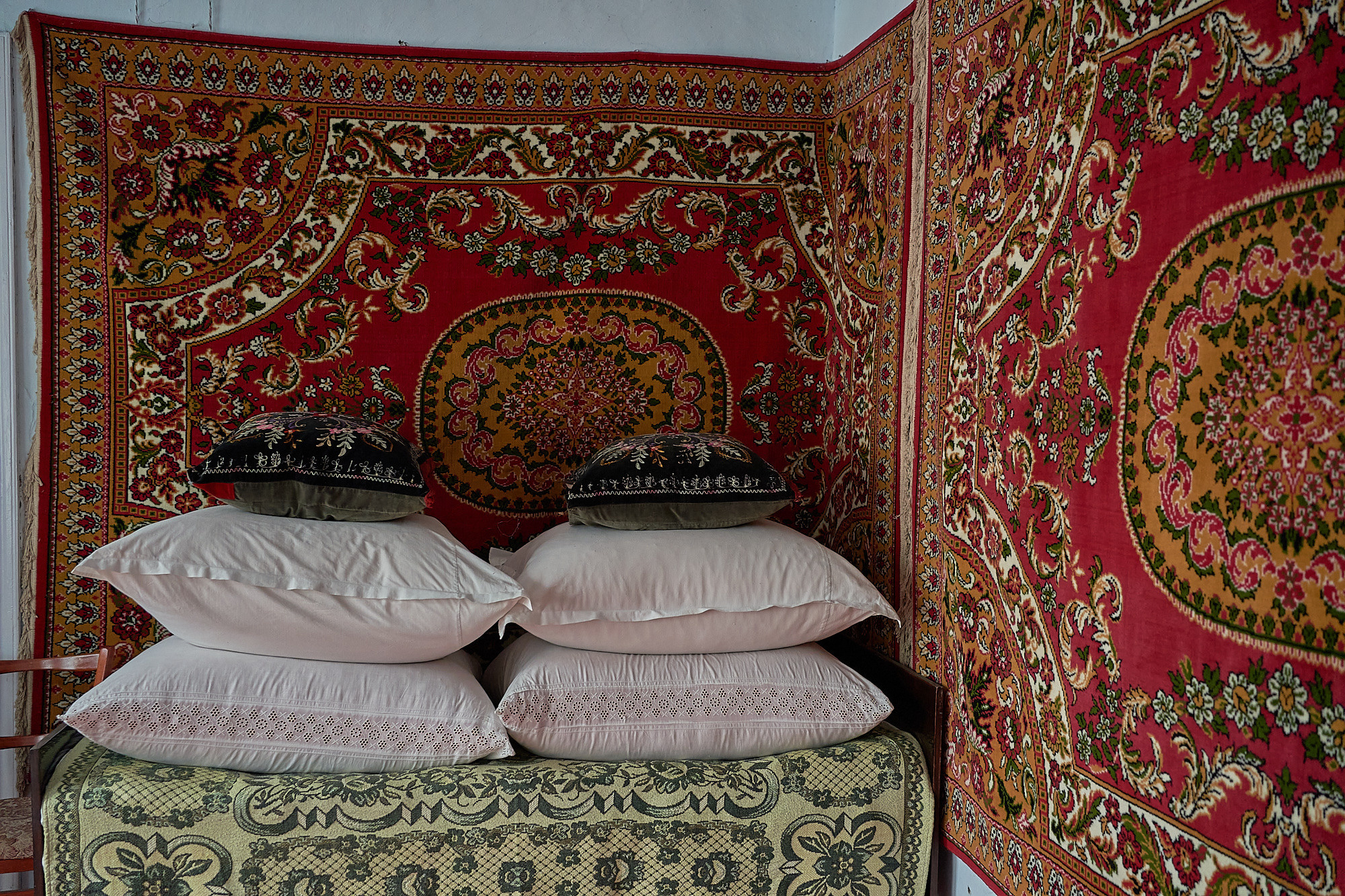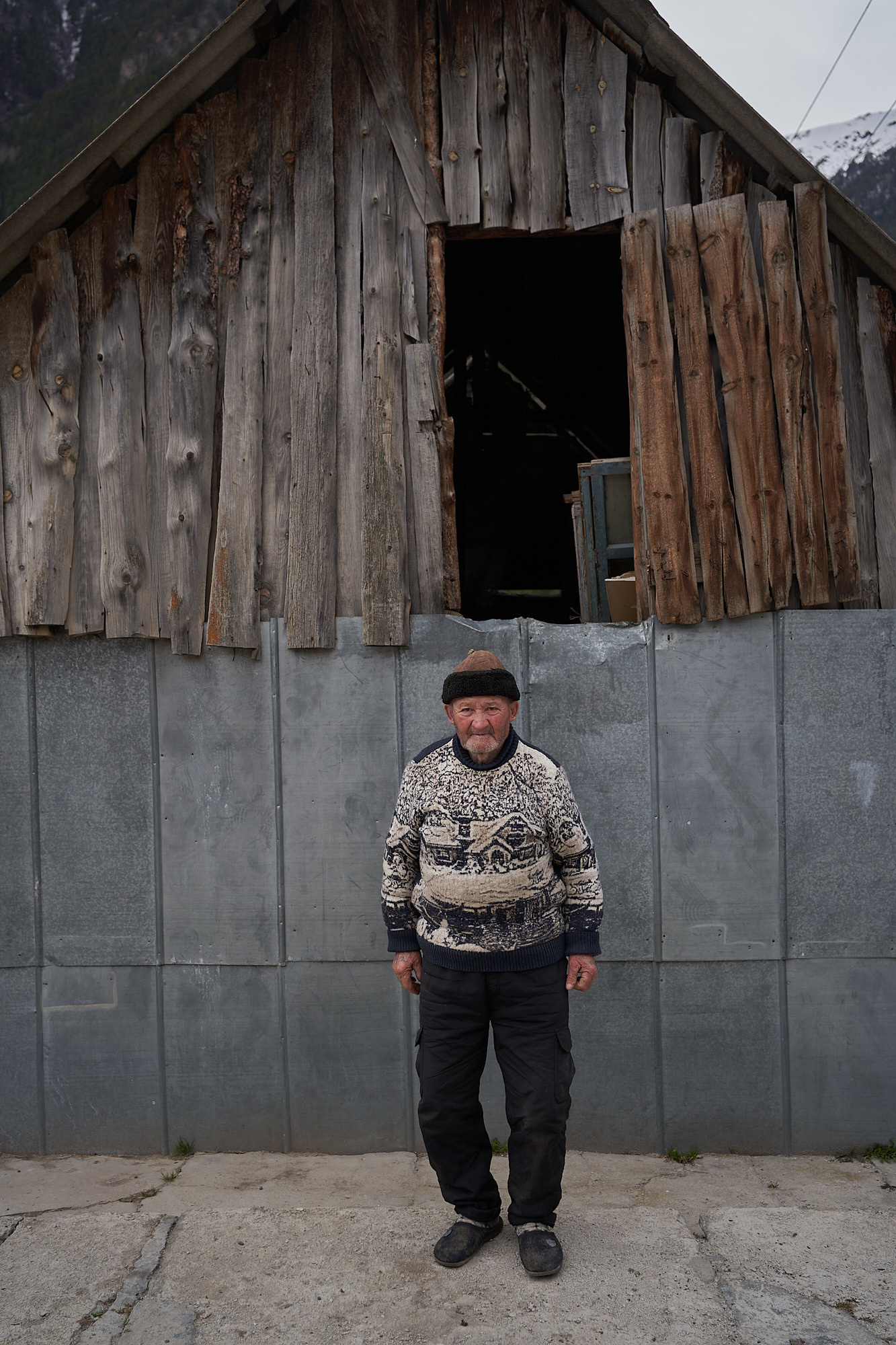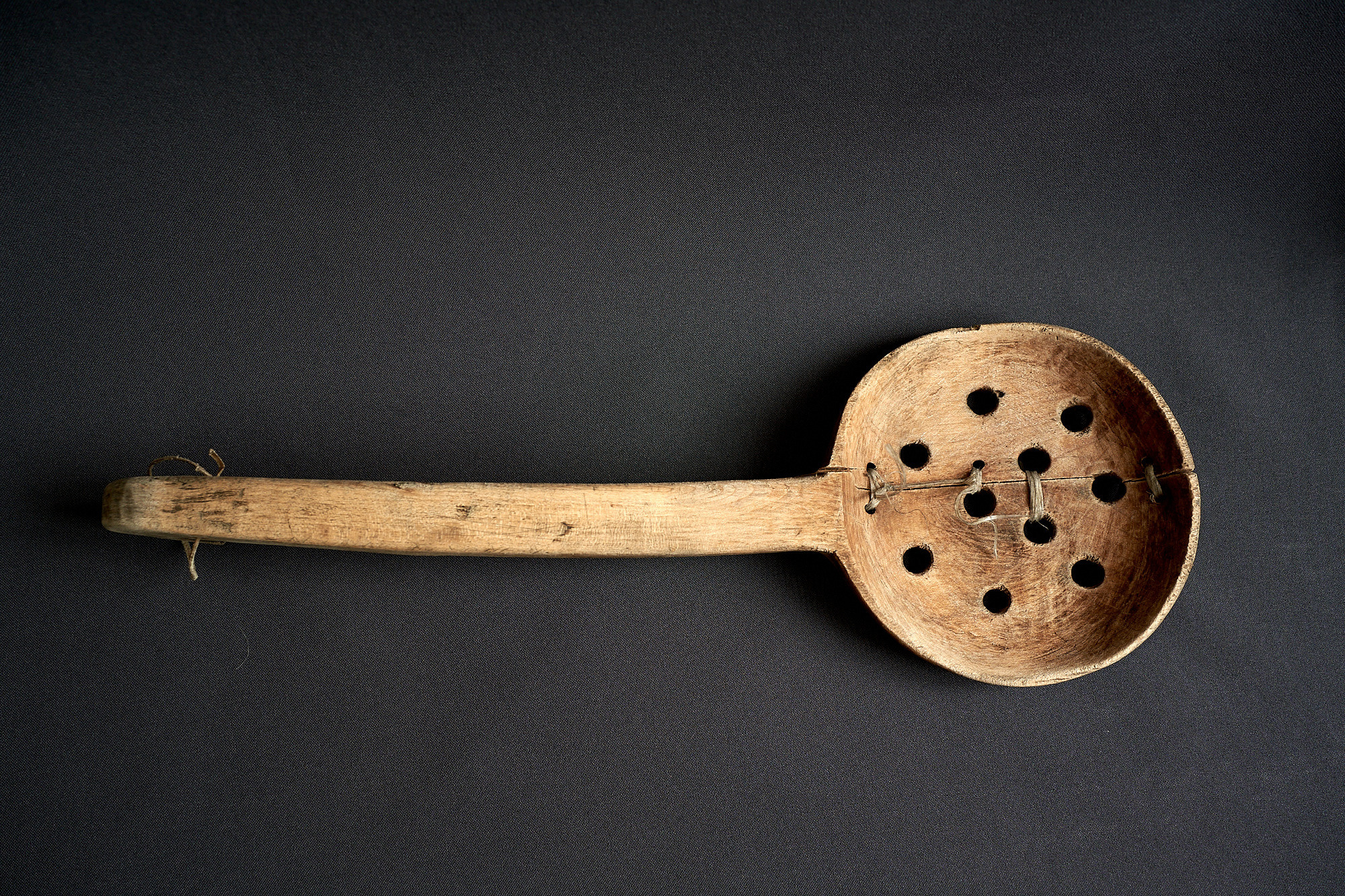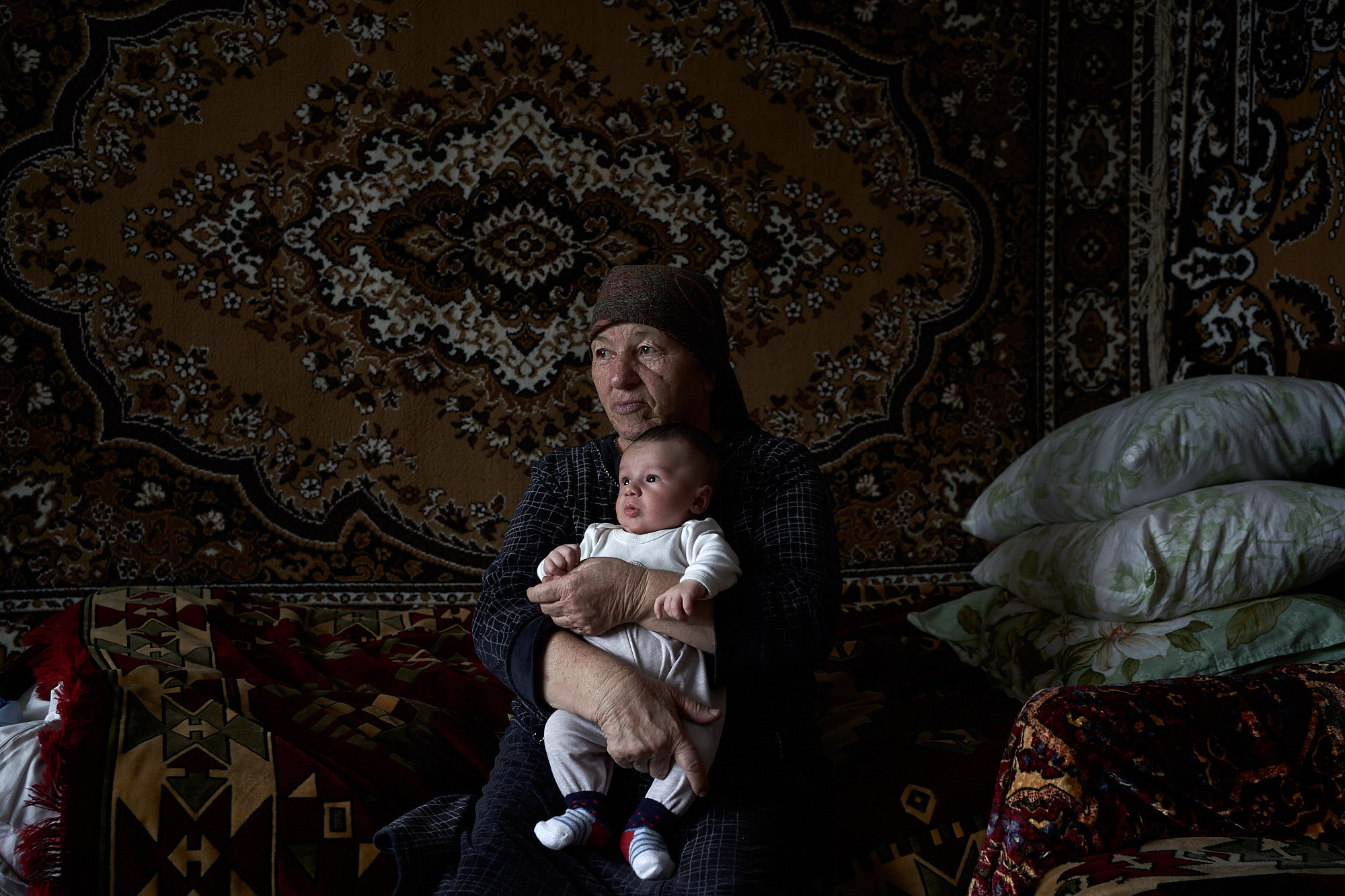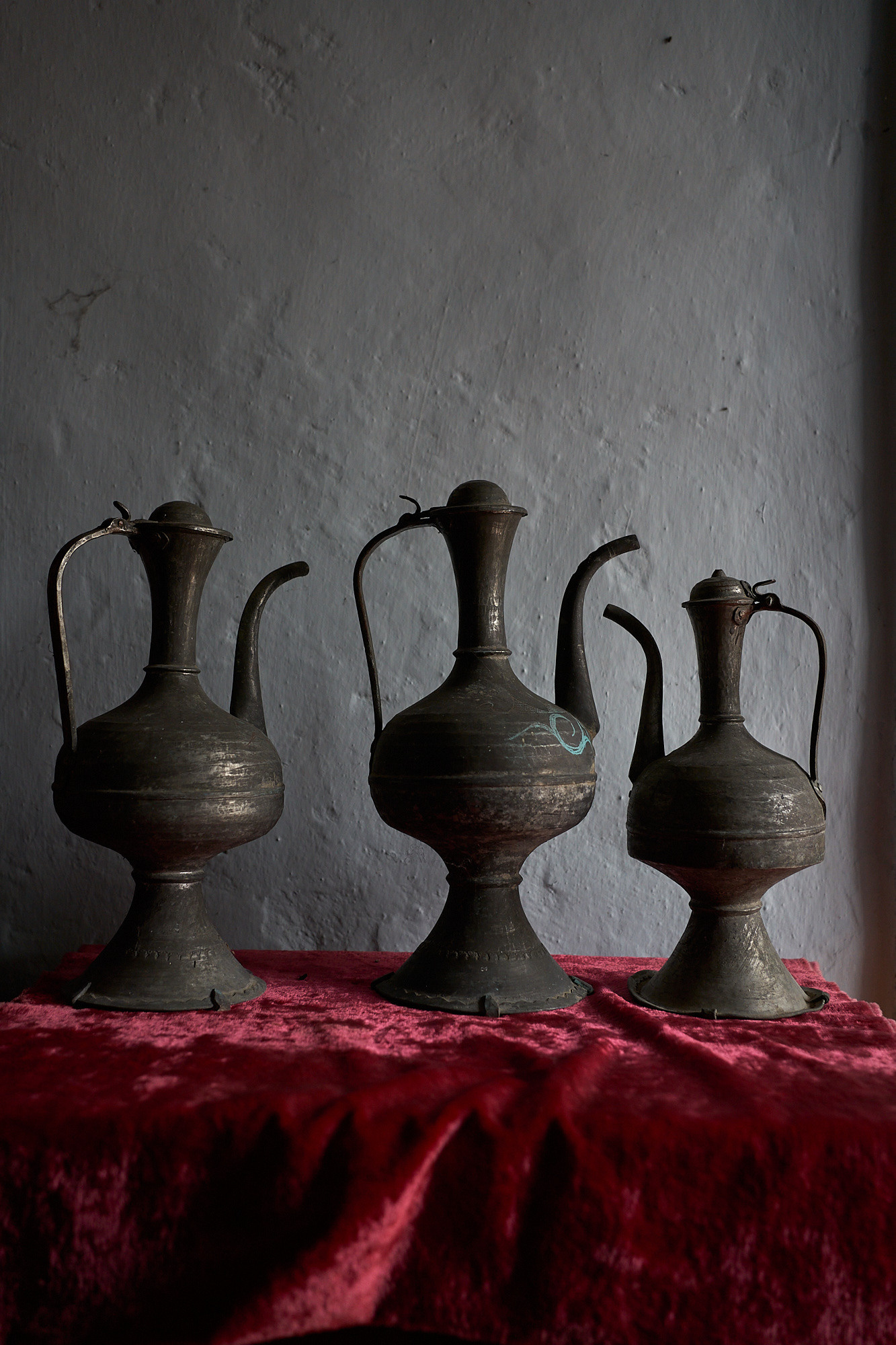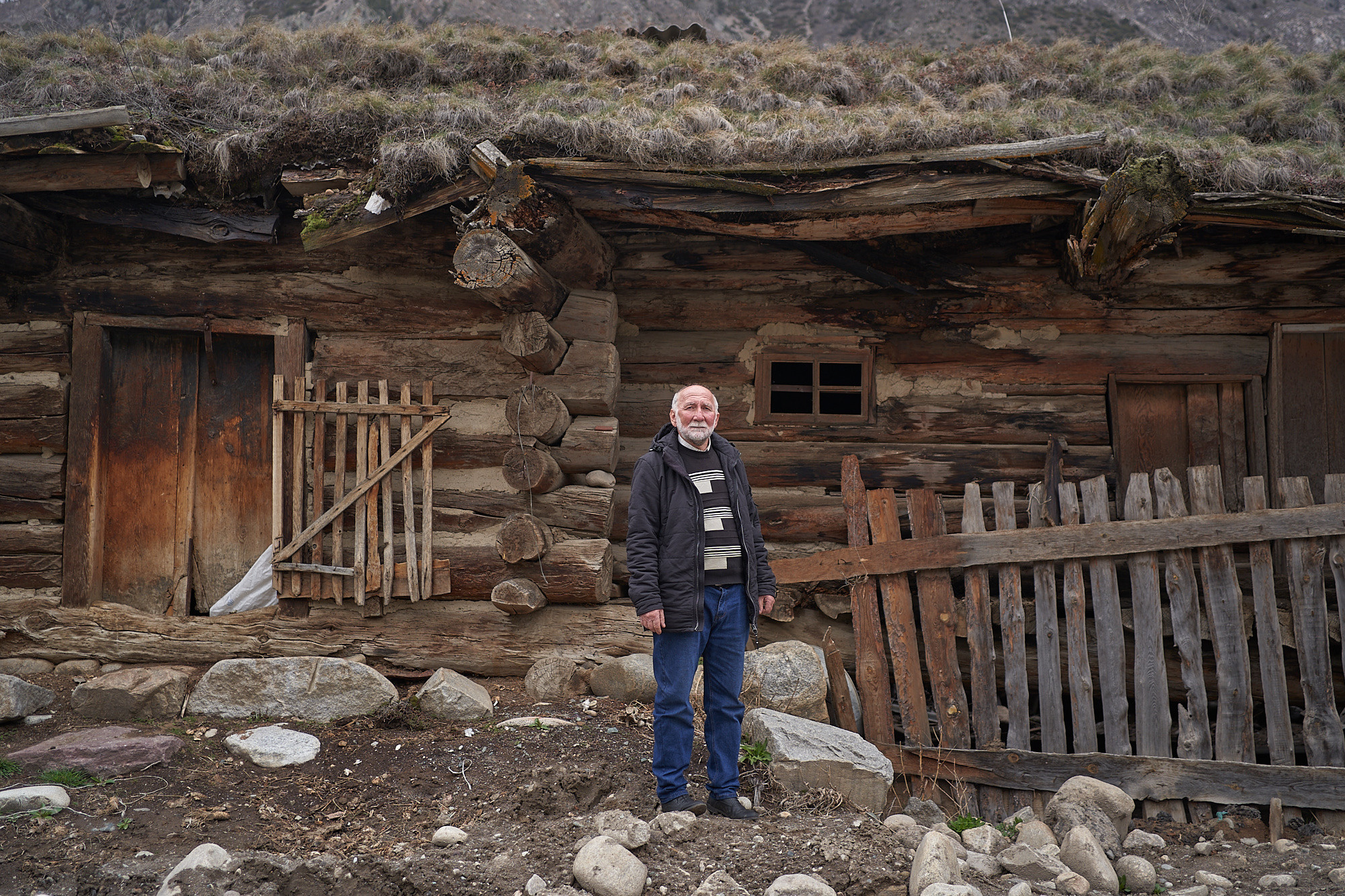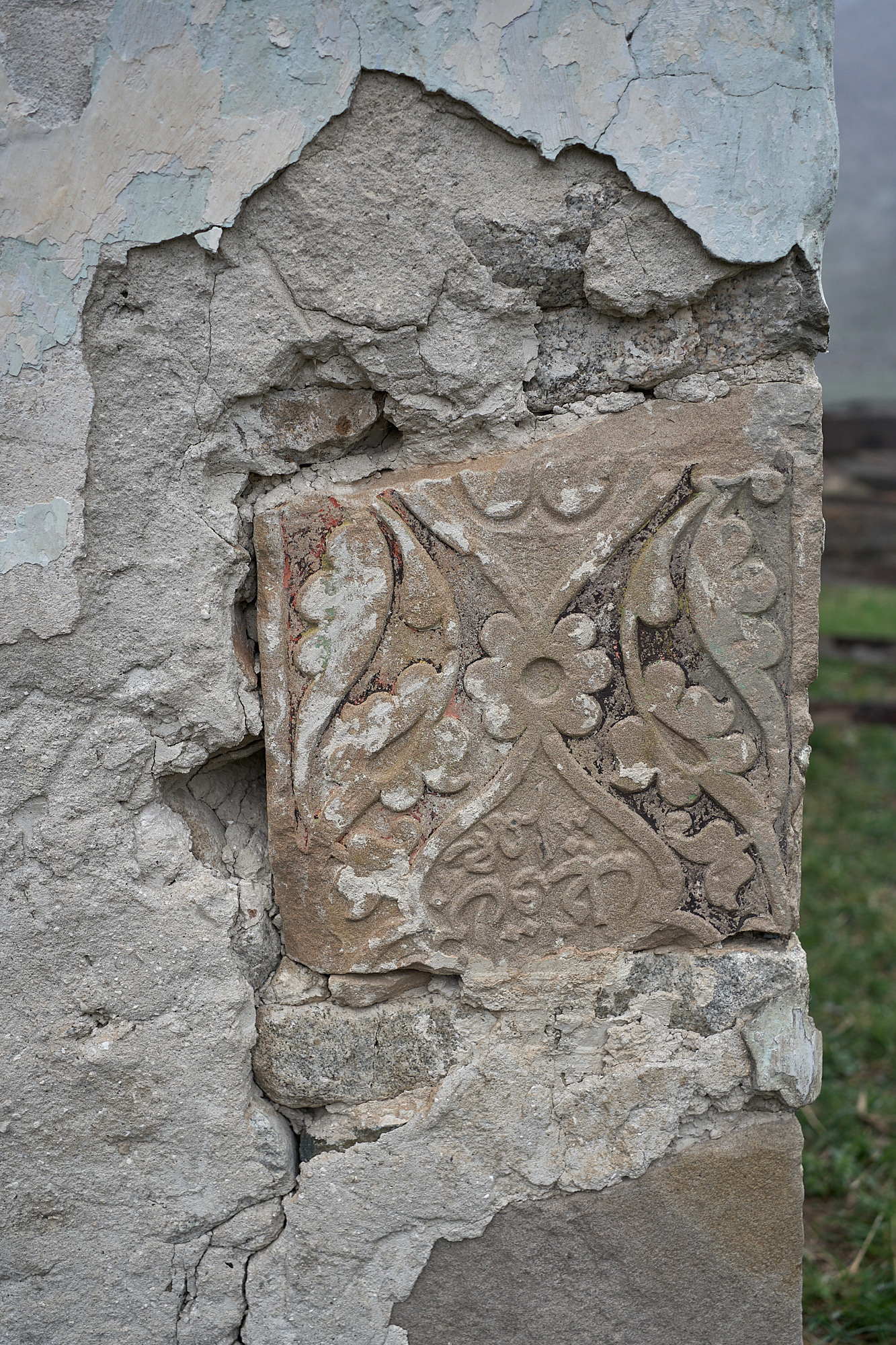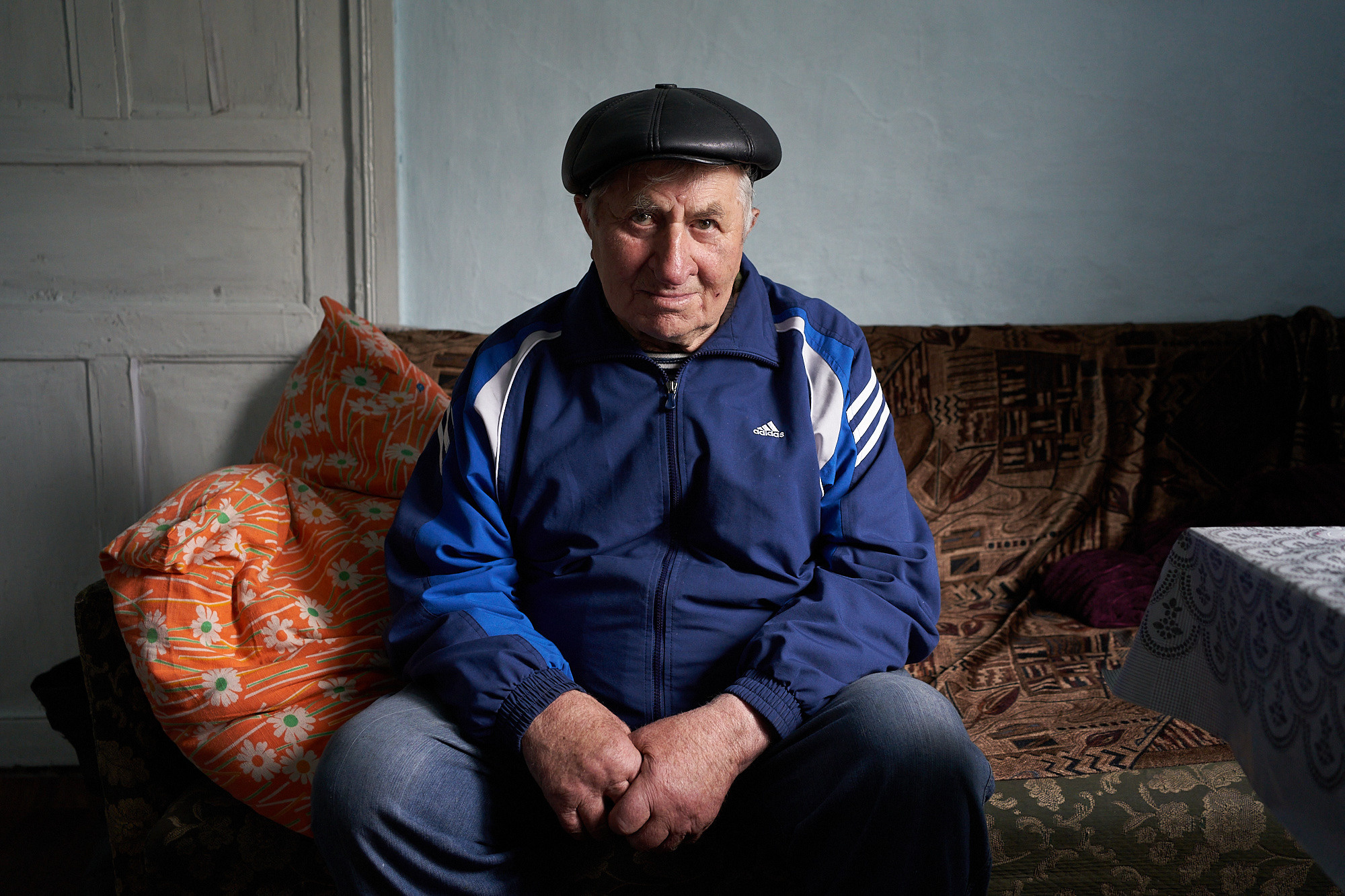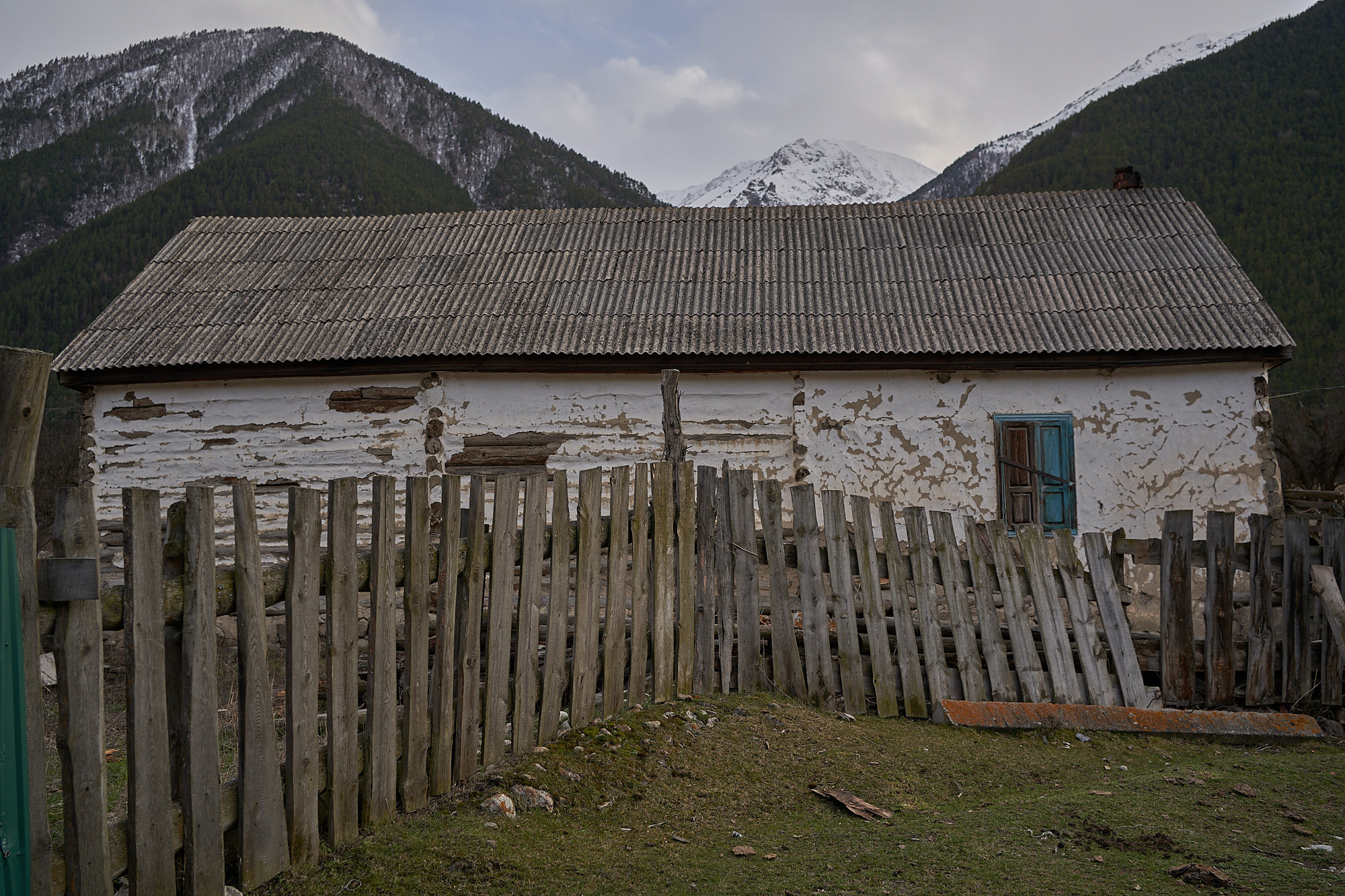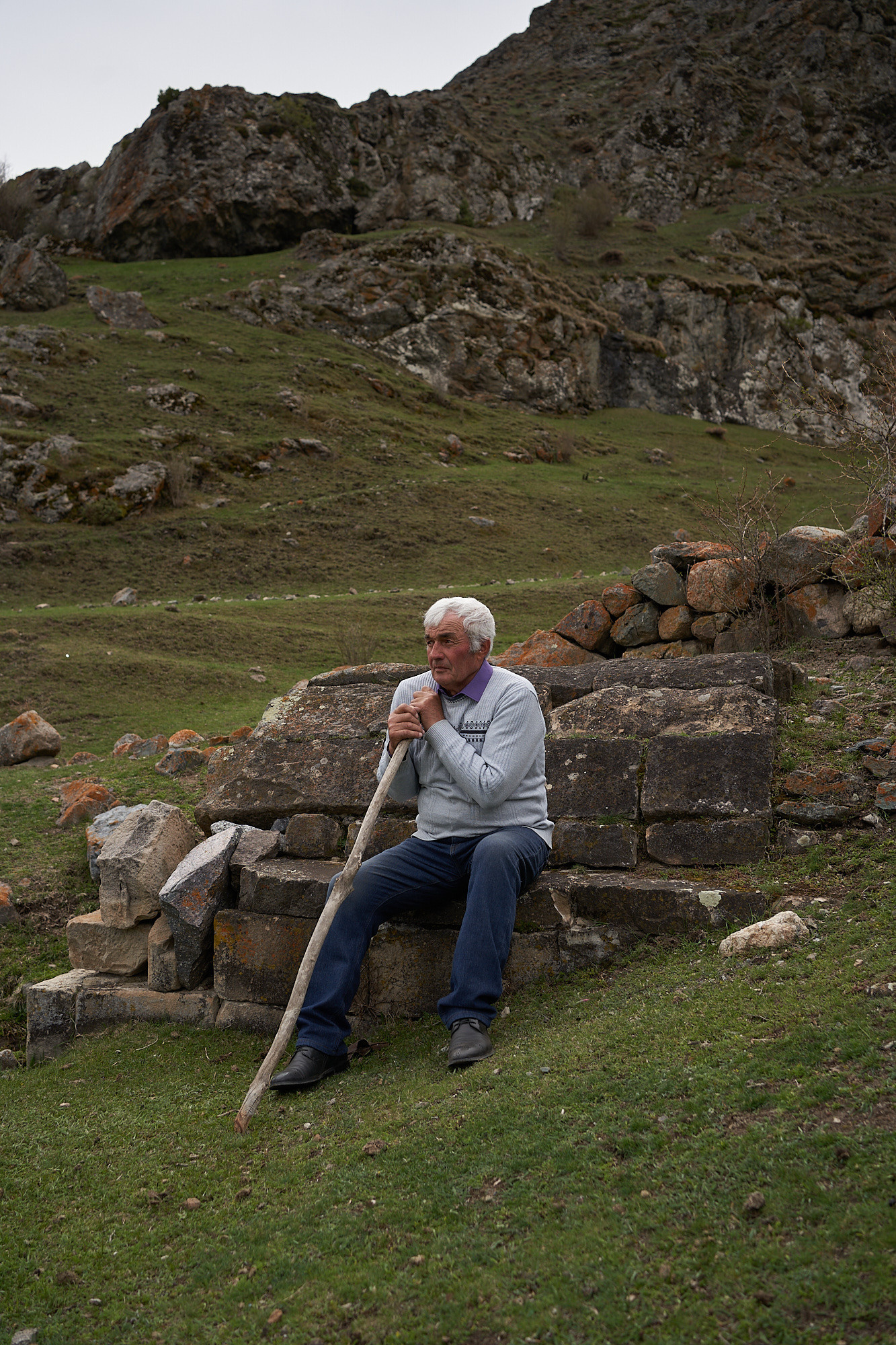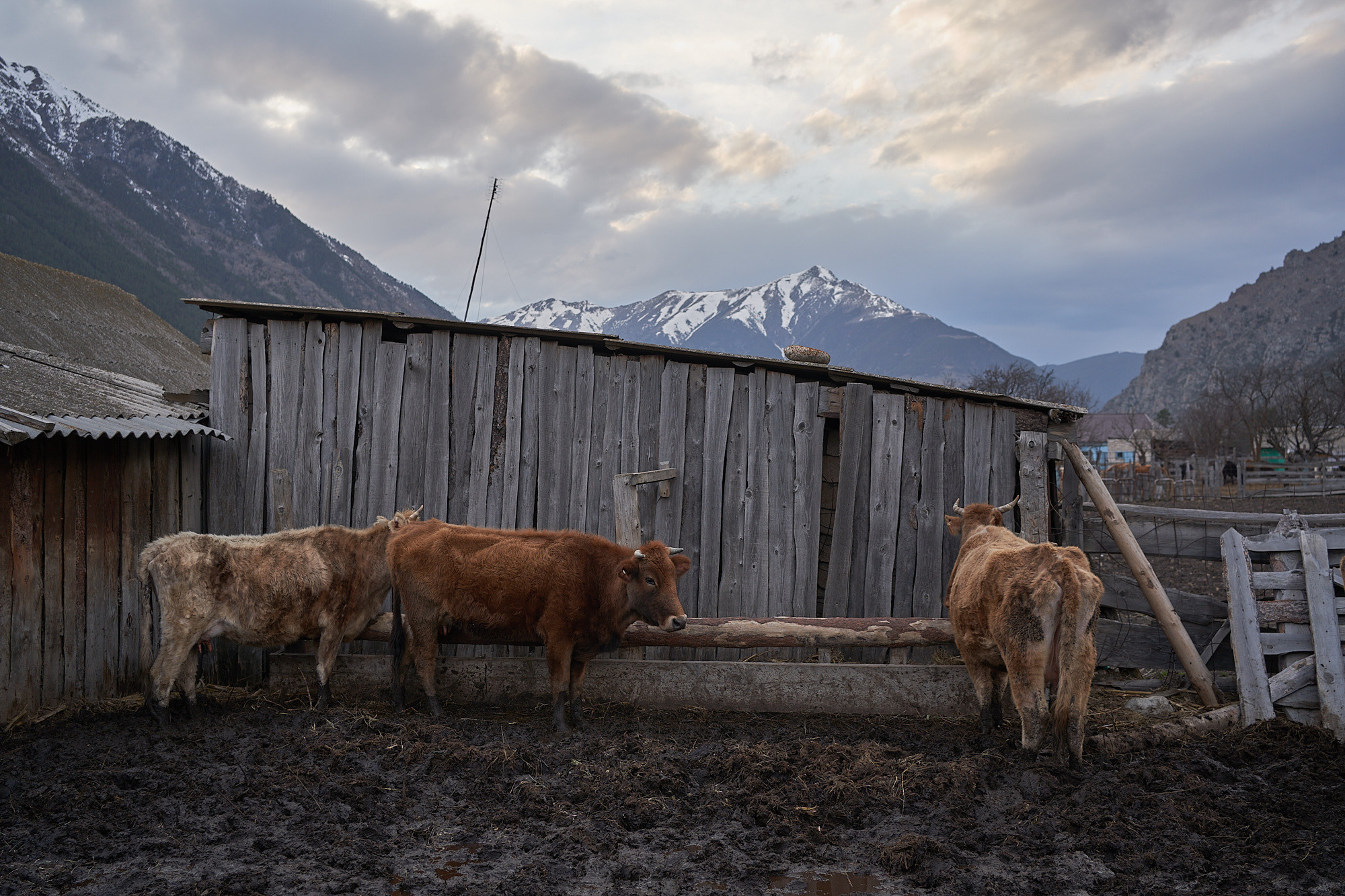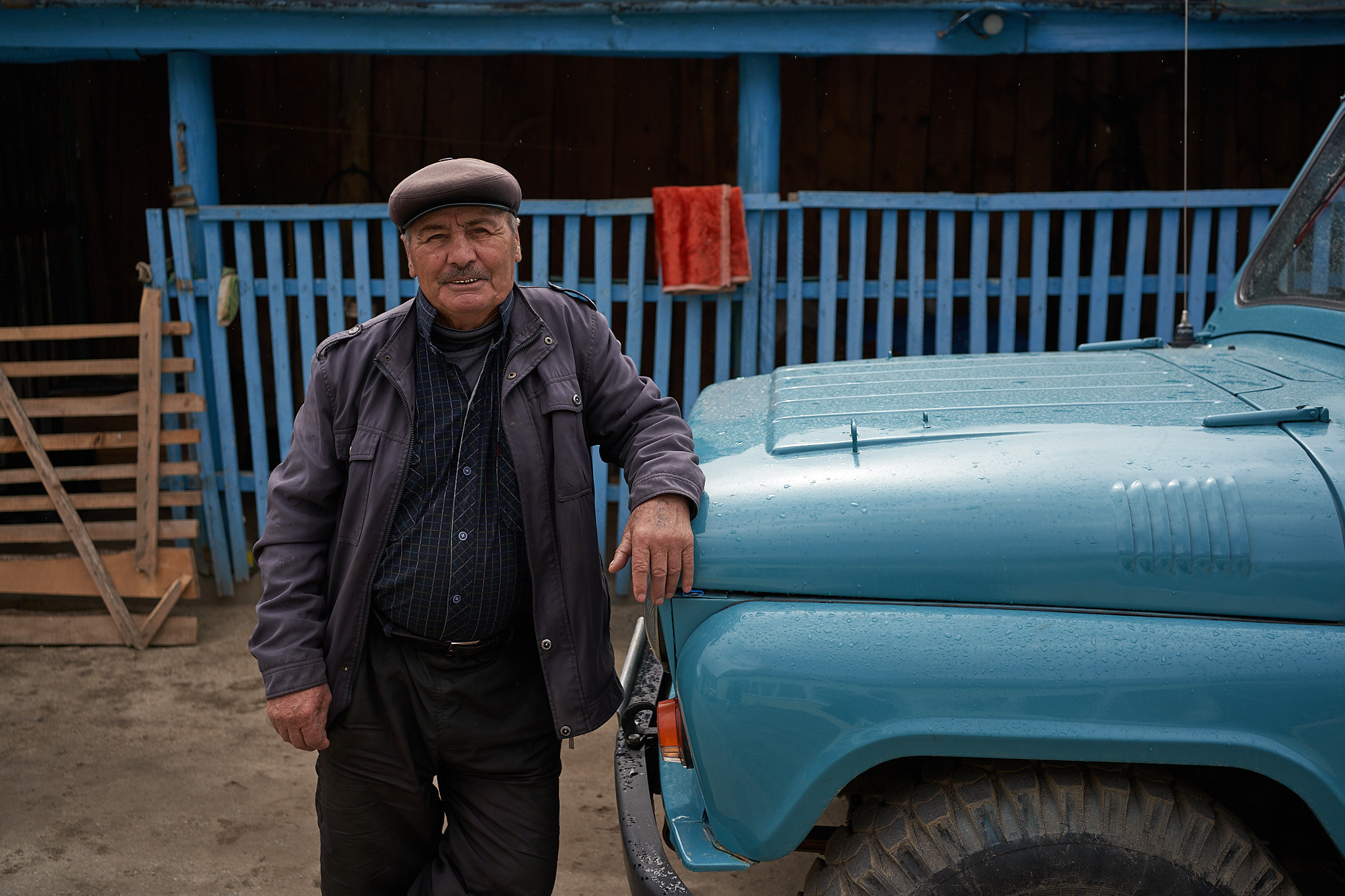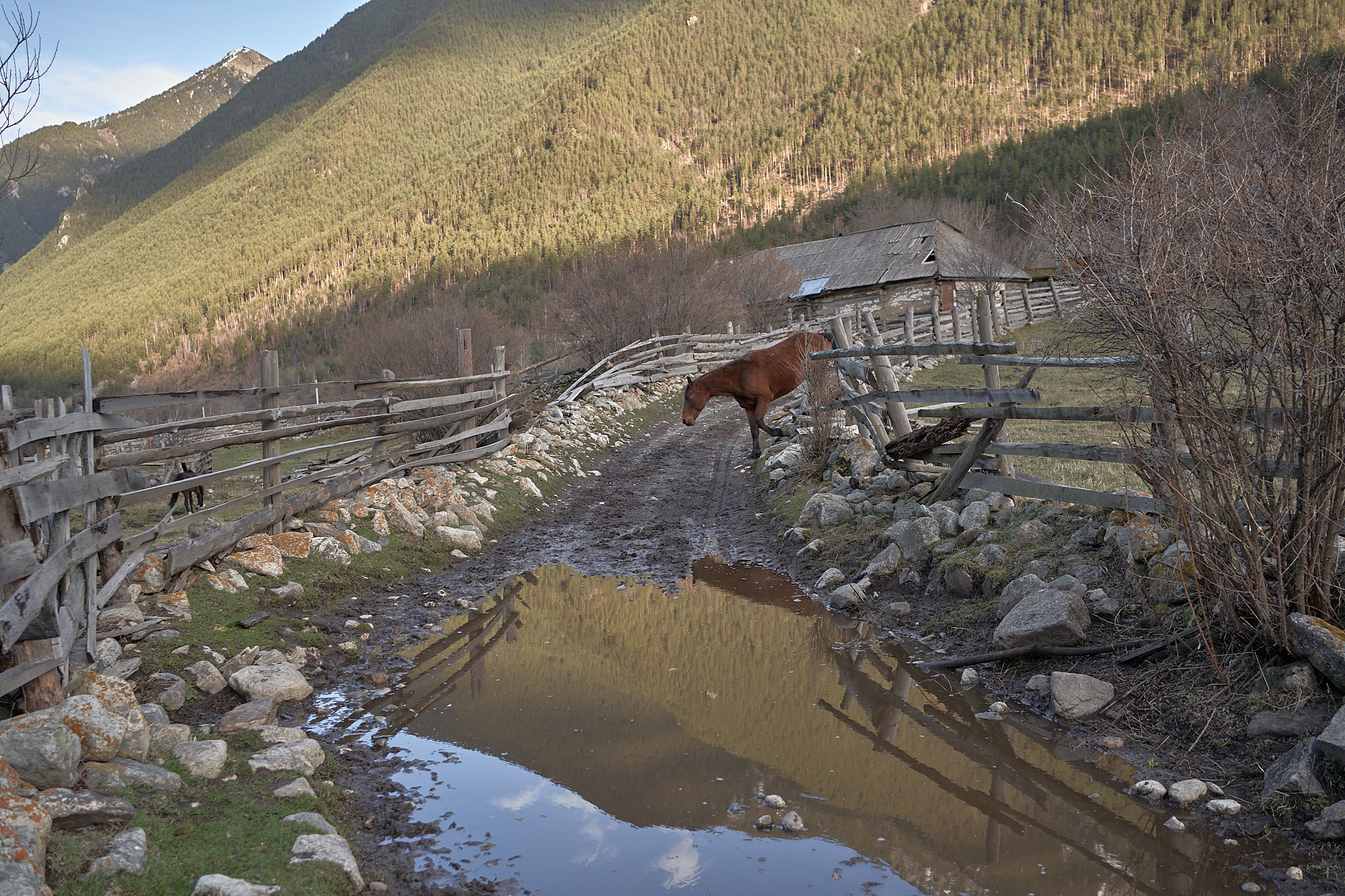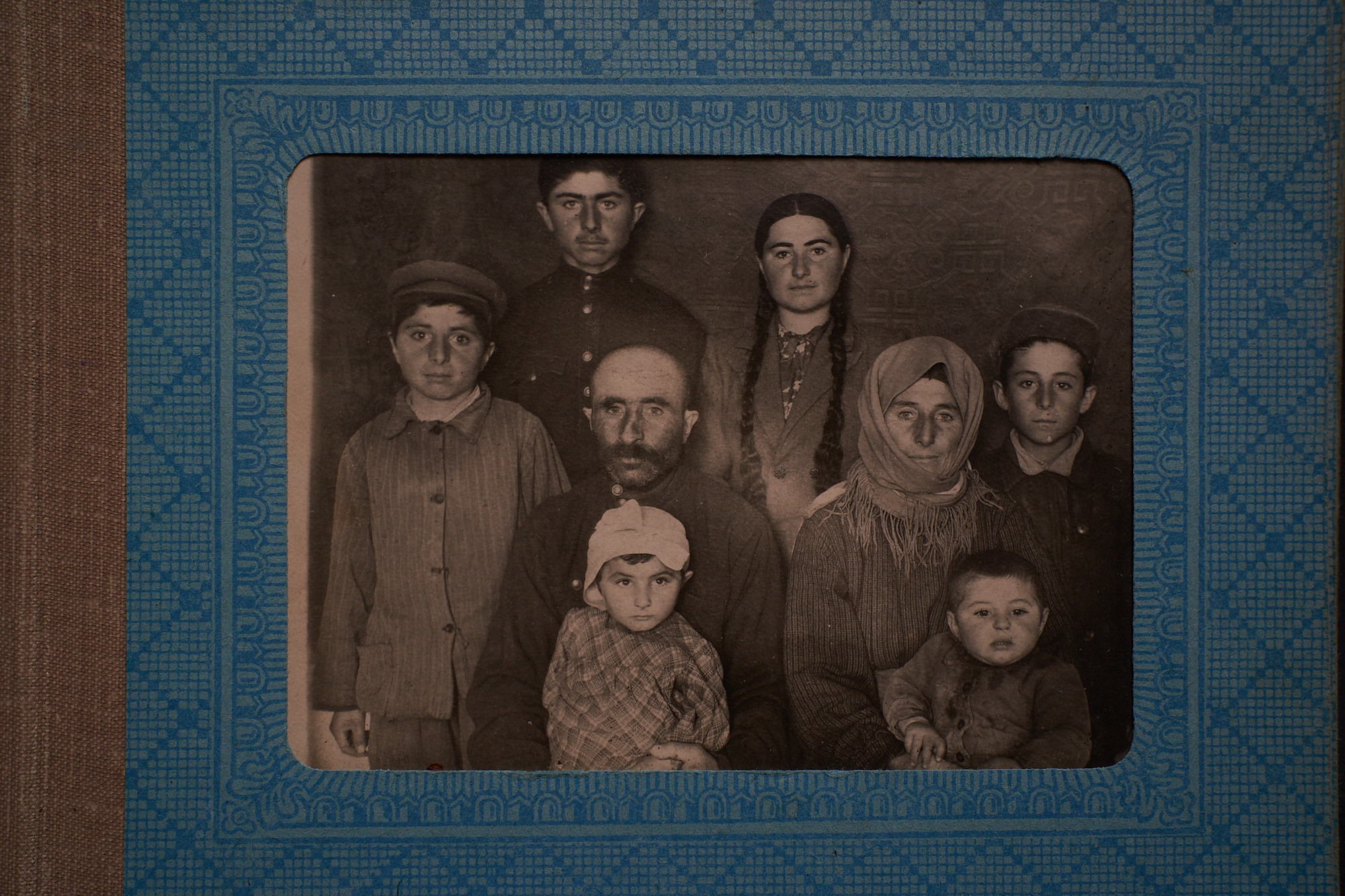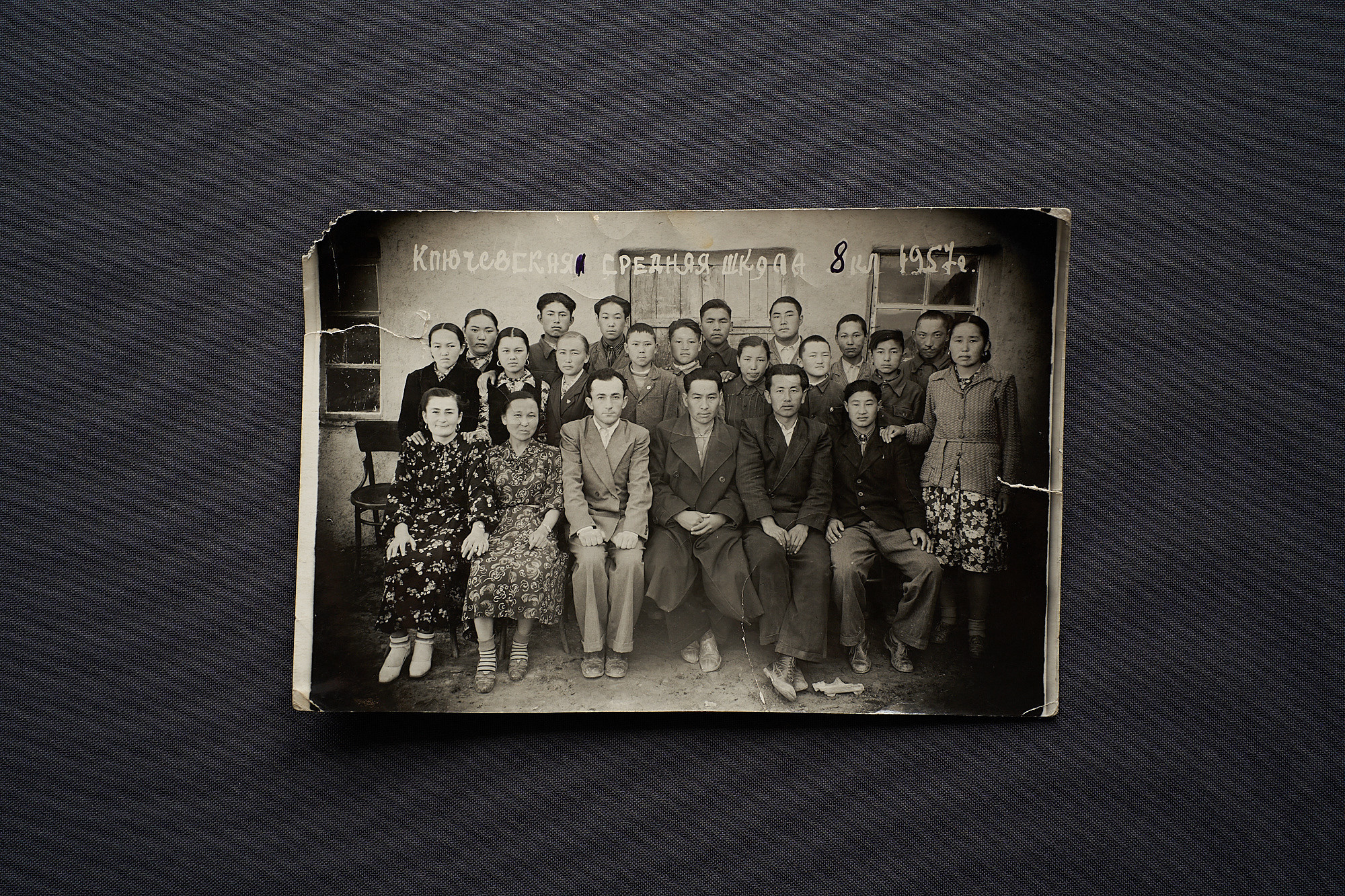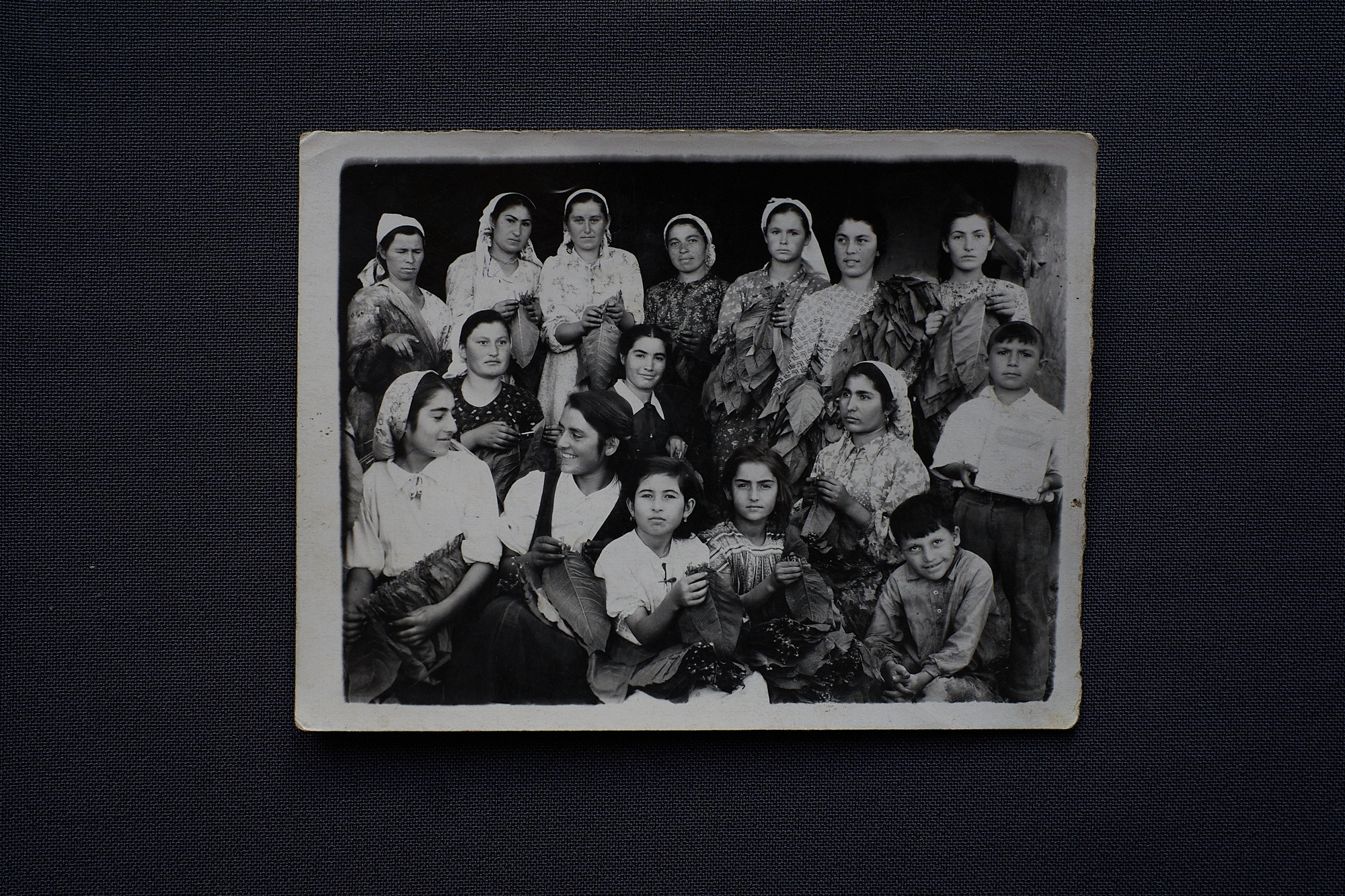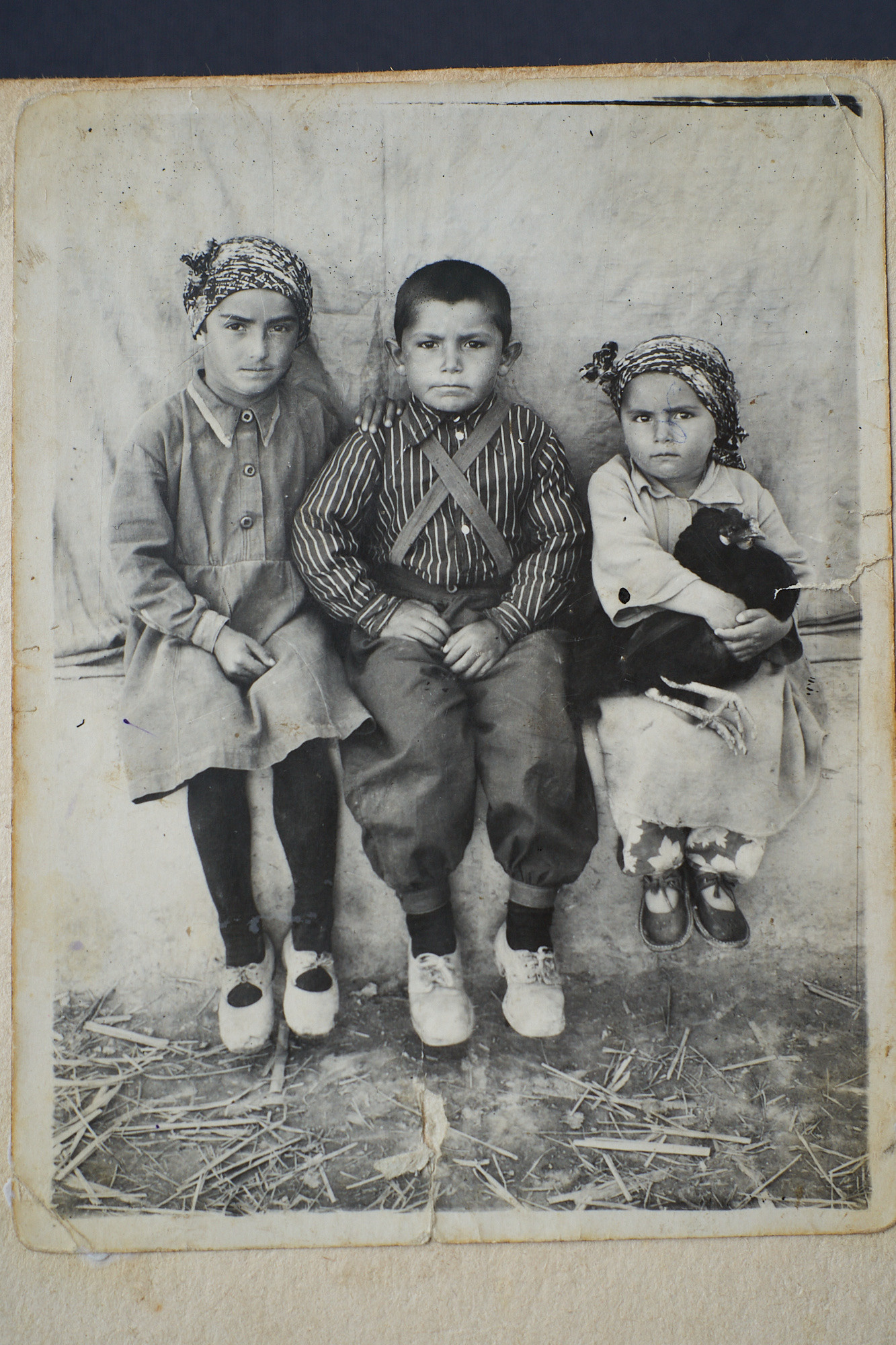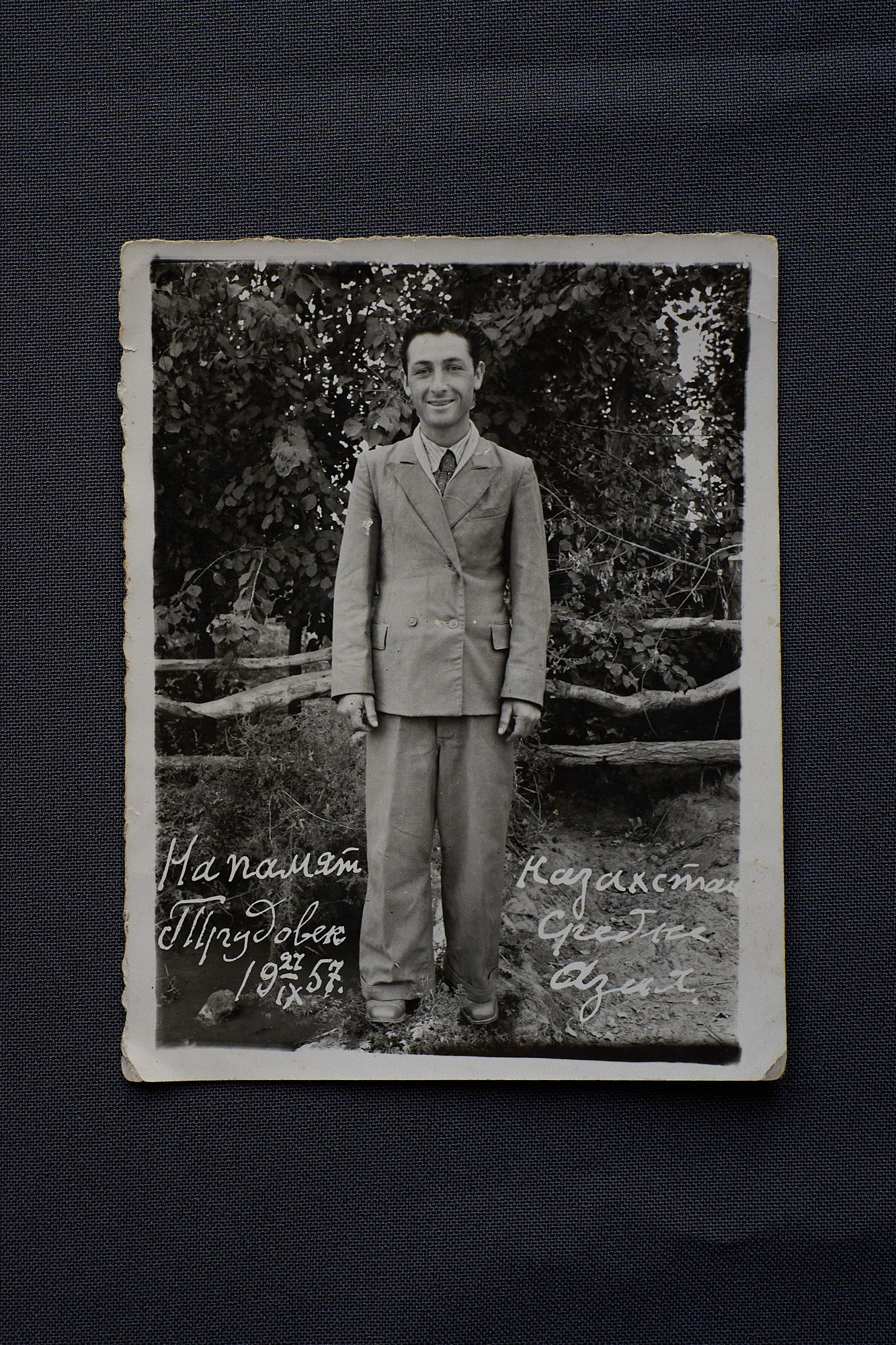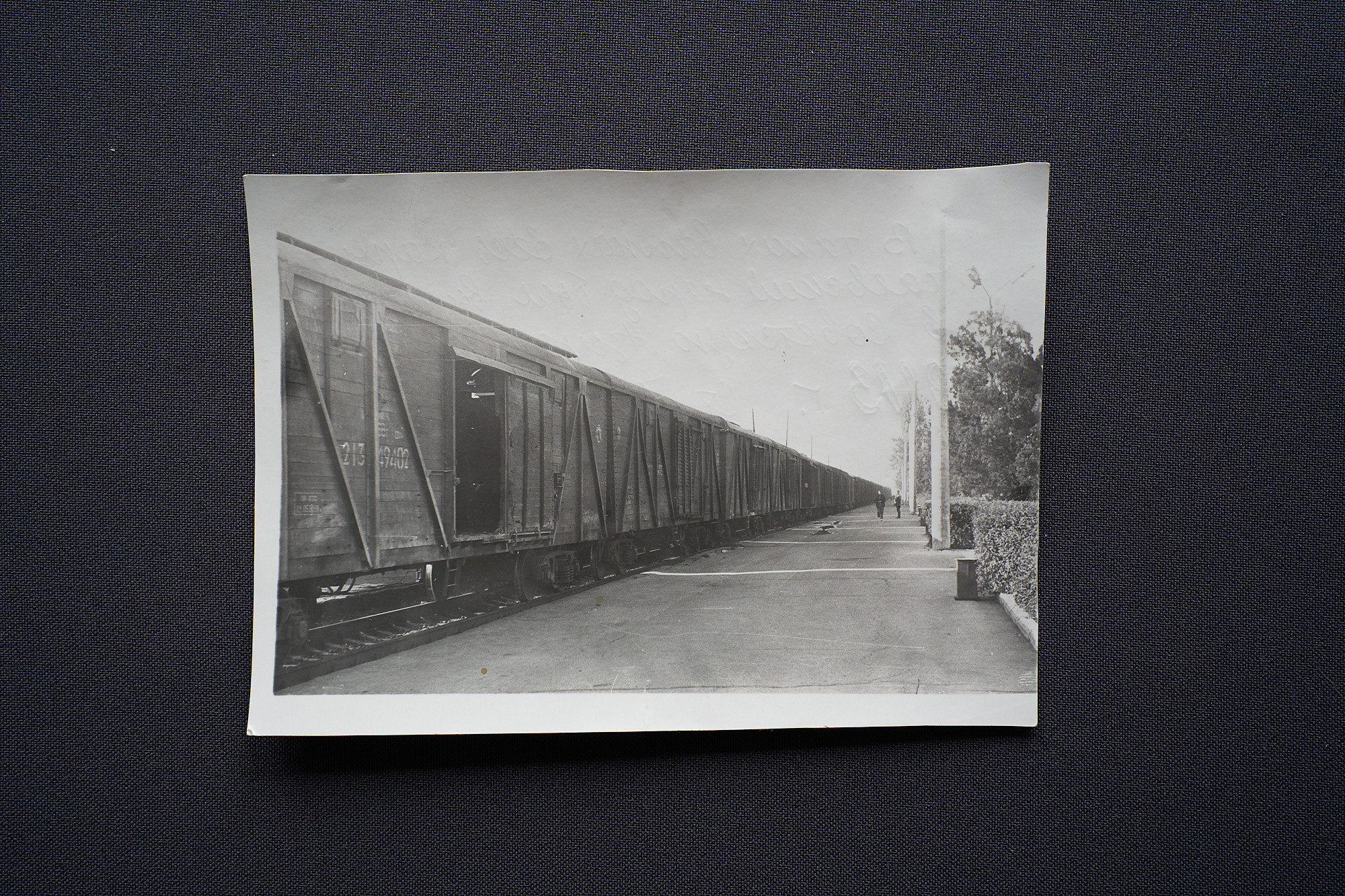Deportation / Project of Anastasia Shubina
In 1943, the Soviet leadership forced the Karachays to leave their lands in the North Caucasus and move to Central Asia. Officially, the Karachays were deported for collaborating with German occupiers and opposing the Soviet regime, but these charges were later dropped. During the night, the Soviets cordoned off villages and ordered people to leave their homes under threat of execution. Food was only permitted for a few days. Thus, the Karachays spent several weeks on the road, suffering from hunger and disease in overcrowded cattle cars. In Central Asia the people were divided and resettled in several regions of the Kazakh and Kirghiz SSRs. Living conditions were extremely difficult. They lived in dugouts and used the belongings brought from the Caucasus. In the first few years of exile, the population decreased by a quarter. Only 13 years later in 1956 the Karachais were rehabilitated and returned to their homeland.
Khurzuk, Uchkulan and Kart-Dzhurt auls used to be the cultural and economic center of Karachay, but after the deportation they fell into desolation. Now, only three thousand people live there, many of whom are old people who survived deportation or were born in Central Asia. Despite being deported for a long time, they retain their culture and language. Log houses hundreds of years old are still standing in the auls, despite the fact that during deportation they were burned, dismantled for firewood, and turned into barns and outbuildings. Many of the houses are now dilapidated, but people lived in them until recently. The Karachays were also plundered, but they kept the antiques, taking them into exile with them and then bringing them back to the Caucasus.
The Russian government recognized the deportation of the Karachays as genocide in 1991. While the deportation affected all families and is painful to all, the Karachays are convinced that their story is unjustly forgotten and strive to tell it.
Archive photos, deportation (1943-1956)
Read the articles:
- Float Photo Magazine
- Private Photo Review
- Takiedela (in Russian)
- Republic (in Russian)
- Lenta.ru (in Russian)
POY Asia 2022 Winners Exhibition in Seoul, July — September, 2022. Photos from Deportation project on a group exhibition of POY Asia finalists.
